After home-schooling their daughters Kiki (now 13) and later Maddie (now 18), Nadia Sawalha and her husband Mark Adderley have become one of the most public faces of home education - they've even written a book about it. Now, with most of the country plunged into unplanned teaching, thanks to school closures, Nadia explains why they turned to home education, the upsides, her tips and why what parents are doing at the moment isn't any comparison to choosing to homeschool your child.
Why did you decide to homeschool your children?
The biggest mistake we ever made was sending our children to private school thinking, 'We'll work really hard so we can send them to private school then everything is guaranteed'. And of course there’s no guarantees like that in life. We were both really busy, building our life when our kids were young – we thought, 'That’s sorted, our kids will be fine'. I was really quite naïve, and when you go to private school you are being prepared for an academic life and you have to be that way thinking, have an academic brain. And not everybody does.
It’s not that the school was bad, it was just the wrong school for Kiki. She was a summer baby, a whole year younger than everyone else, was struggling with her vision in one of her eyes, and basically she got off on the wrong foot when she first went to school. This is all happening between the ages of four and a half and six and a half. And as a child at an academic school starts to “fall behind” (I don’t believe any child at six can be behind anything) it was all, have an extra tutor, do all of this. She wasn’t happy in school, she was eating properly, she wasn’t sleeping properly and you’re only ever as happy as your unhappiest child. It was a real shadow over everybody.
Her tutor said her being a whole year is a big, big deal for some kids, so she asked if we’d ever heard of home educating, maybe we could do that for a bit and then could find a school that’s better for her and she can go back into the system. I said, ‘No, I’ve never heard of this’. Within an hour we’d deregistered from school.
You've never looked back?
We always say, we are not anti-school, but home education is another option and what breaks my heart is everyone has the wrong idea about home education at the moment because of what is going on. If you’re a shy child, it’s actually quite difficult to be at school. This idea that everybody who goes to school has this amazing social life is not true – there are plenty of kids at school who don’t make friends, who feel more lonely in a crowd. And some of those children could fare really well in a home education situation. My daughter now knows it’s not a dirty word to be a shy person, which is what school tends to do sometimes with shy children. There are enough loud mouths like me in the world, we need some quiet thinkers – people who are watching and listening.

And now, you've literally written the book on home education...
Our book is not about saying, ‘Take your kids out of school’, we hope it can be complimentary to the system. We question why we have kids, how much of what our kids achieve is about ourselves... it was quite a gruelling book to write because we just really had to go into our education, how it had affected us, the many mistakes we made with our girls. We’re just all adult children. I don’t say homeschooling actually because I think people tend to think it’s a school situation in the home, which I really have a visceral response to. People are being asked to be teacher, headteacher, PE teacher, it’s ridiculous. So you have to say to your kids, 'I’m not a teacher and I don’t know the answer to this either… let’s find out'. And what you’re teaching your child is that learning goes on at any point, day or night, any age, it doesn’t work between 9 and 3.
A lot of people working at home, I feel really sorry for them that kids are having to log on at a certain time, because that doesn’t work for parents working at home. So I always, as a home-educator, say if I’ve got a really busy day today, Kiki’s sit down learning with us will be between 4 and 6pm. Wednesday and Thursday if we’re really busy, we swap her weekend and do school stuff Saturday and Sunday. That was such a massive thing for us, it was like turning a great big juggernaut around.
You only actually have to do about two hours formal learning with them a day because you get so much more done.
What people are experiencing now, during lockdown, isn't the same as home education, is it?
Some of the younger kids are wanting the help of their parents while they’re logged into these classes and that’s so hard if you’ve got to be on your computer, doing your day’s work - and it’s only in school hours, that’s asking too much. There has to be some leeway.
I remember when we got a tutor for Kiki for maths, and an hour’s lesson with a tutor is the equivalent to all the maths they’ll do in one week [at school]. So that’s the other thing, you don’t have to think, ‘They’ve got to sit for six or seven hours learning’. It’s very different. I was talking to someone at Loose Women who’d sat in on their kids’ online class and she’d said the distraction is constant. That’s what it’s like at school. When you’re home-educating and not doing this halfway house, you only actually have to do about two hours formal learning with them a day because you get so much more done.
Some statistics have shown that - despite the stress - many parents are now considering home-educating even after the schools are open again. Does that surprise you?
We do have a lot of people saying they’re so glad they’ve learned about home education. And once you’re in home education, you’re not obliged to follow the curriculum. So you can go with what your child is passionate about. So a lot of our learning, we go out. We go to museums, we go to galleries, we’re moving, not just sat sitting at a screen. An example of how a home educating parent might approach what’s going on at the moment is to say, we’ve got a global pandemic – there’s so much to learn at the moment. Geography, looking at the whole world, economics, looking at the crumbling world economy as we know it… These kids are living history. It is totally extraordinary what’s going on. So this would be a huge learning opportunity. And it allows you a chance to go really deep into things rather than skipping over to get to the exam, get to the exam.
I really think this is an opportunity to do some blue-sky thinking about the whole GCSE system. Even those that invented it question it now. It’s all about the exam and not the experience. Kids are so attuned to just thinking all that matters is the exam and not the love of learning and I think that’s a shame really.
What about the social side of school and making friends? Do home-educated kids not miss out?
The big misconception is that every kid that goes to school has an amazing group of friends. It’s the thing that home educators find the most frustrating. Actually, they get to choose their friends. I worked incredibly hard when they first came out of school, going to all the home ed groups, I was like a dating agency for friends. And what people don’t realise is what you’re doing now isn’t home education – locked in your house, not going out, not seeing anyone. There are hundreds and thousands of children who were home educated before the pandemic and every day of the week there’s something to do with a group, all over the country. People have this idea homeschool kids are like sallow and grey and unhappy!

When you're a home educator, how do you separate out time as their teacher and time as their parent?
We don’t. This is where everybody is giving them a terrible stick to beat themselves with. You’re just the same. If you suddenly go, ‘I’m in teacher mode’, they know very well you’re not a teacher, they’re going to undermine you and you’re going to be unhappy. We don’t ever do it like that. I’ll say, ‘Shall we go and have a bit of maths, come on…’ They don’t want you to morph into their teacher. You might say, ‘Oh I don’t remember a single word of this!’ and give them a real sense you’re validating their feelings. It’s about that shared experience. People are feeling the enormous pressure and trying to be something they’re not.
Parents have also got to be really mindful about the stuff on social media like ‘I can’t take this anymore!’ [Children are] hearing this. We’ve got a real problem with that. People aren’t realising that’s getting through to kids. We get a lot of young people messaging us and saying they’re hearing it and it doesn’t feel good. Imagine hearing that about yourself.
Do you feel like you have a responsibility to be an advocate for home education?
Yes, I see people struggling… I’ve got no other reason for it rather than the shared motherhood of it, and I’ve been in that place where I couldn’t be happy because my unhappiest child was unhappy and it’s so awful. When I hear people say, ‘My child is eating again, they’re sleeping again, I didn’t know this was an option’, that is incredible.
I still maintain 80% of children should be taught at school. But I just think people can choose to go to boarding or private or local schools, they can also choose to go to home education. What people don’t realise is we are very lucky in this country to be able to do that. Lots of people travel here from other European countries because they are desperate to home educate their children and they’re not allowed to in their country. It’s an incredible freedom and it’s one people don’t know about. So I just want people to know about the option. And I always talk about how much we’ve messed up, I’m still learning. I always say to my kids, ‘We’re just adult kids and it’s really scary’ and actually I think that’s really empowering for children.
Honey, I Home-Schooled the Kids by Nadia Sawalha and Mark Adderley is published by Coronet, £14.99
Best Parenting Books
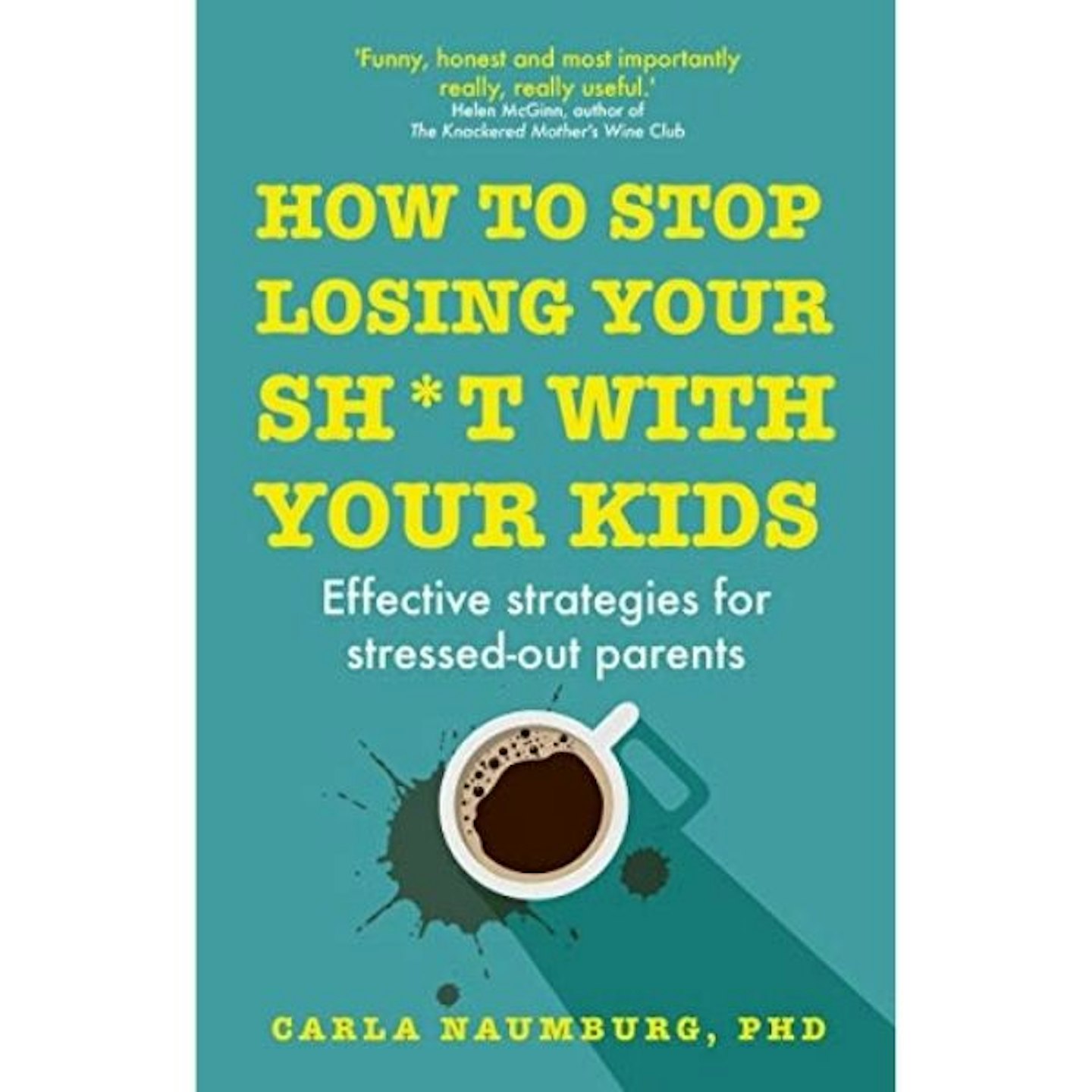 1 of 30
1 of 30How to Stop Losing Your Sh*t with Your Kids, By Carla Naumburg PhD
Pragmatic about helping you work through your sh*t to be a more present and positive parent. Increasingly relevant to today's parents, who are more overloaded, overwhelmed, and overworked than ever before, Carla Naumburg has the antidote to the feelings of complete despair and rage. With some humour too…
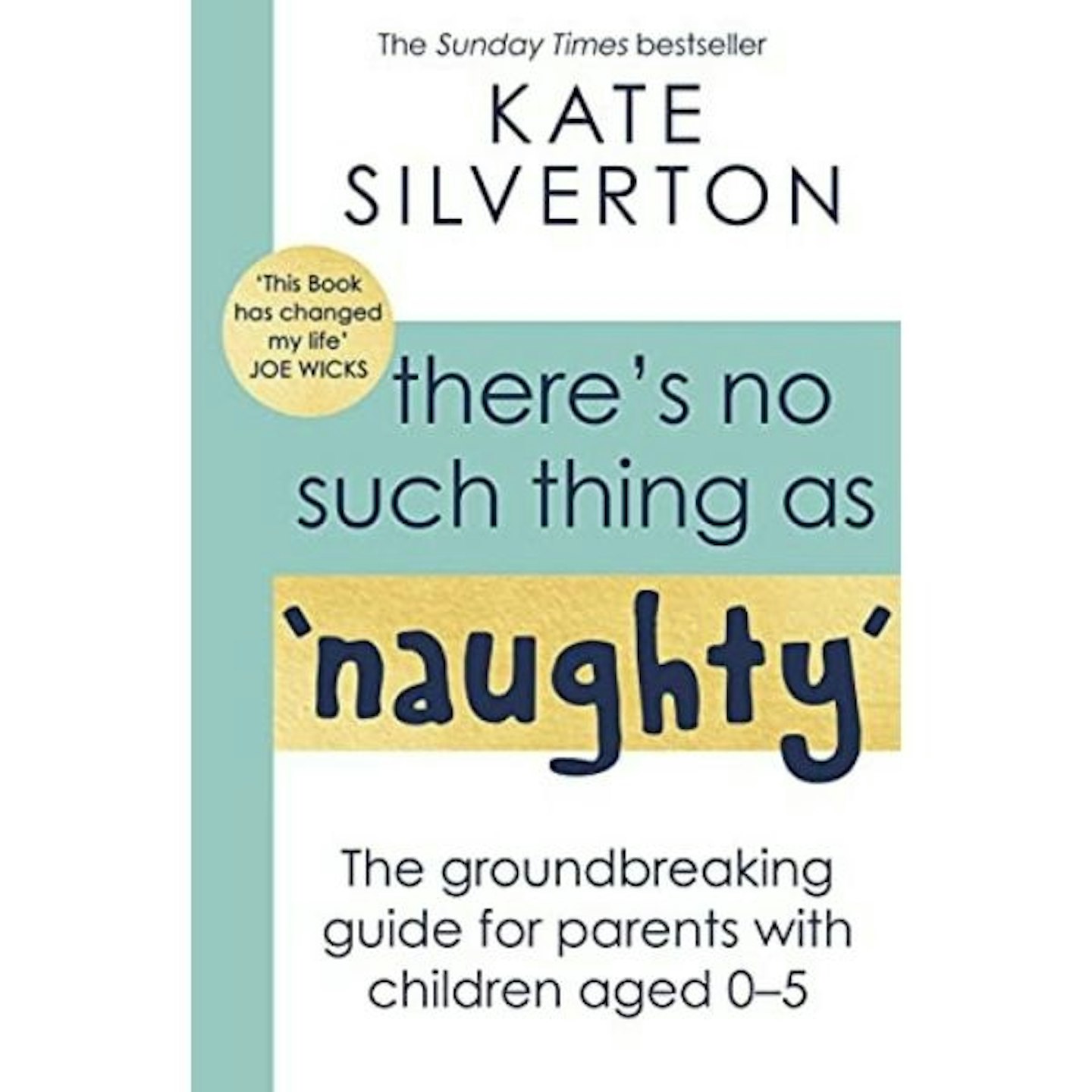 2 of 30
2 of 30There's No Such Thing As 'Naughty', By Kate Silverton
This Sunday Times Bestseller details the secret to tackling tantrums, tears and laying the foundations for your child's mental health. In There's No Such Thing As 'Naughty', mum to two young children, journalist and children's mental health advocate Kate Silverton shares her groundbreaking new approach to parenting under-fives that helps to make family life a breeze!
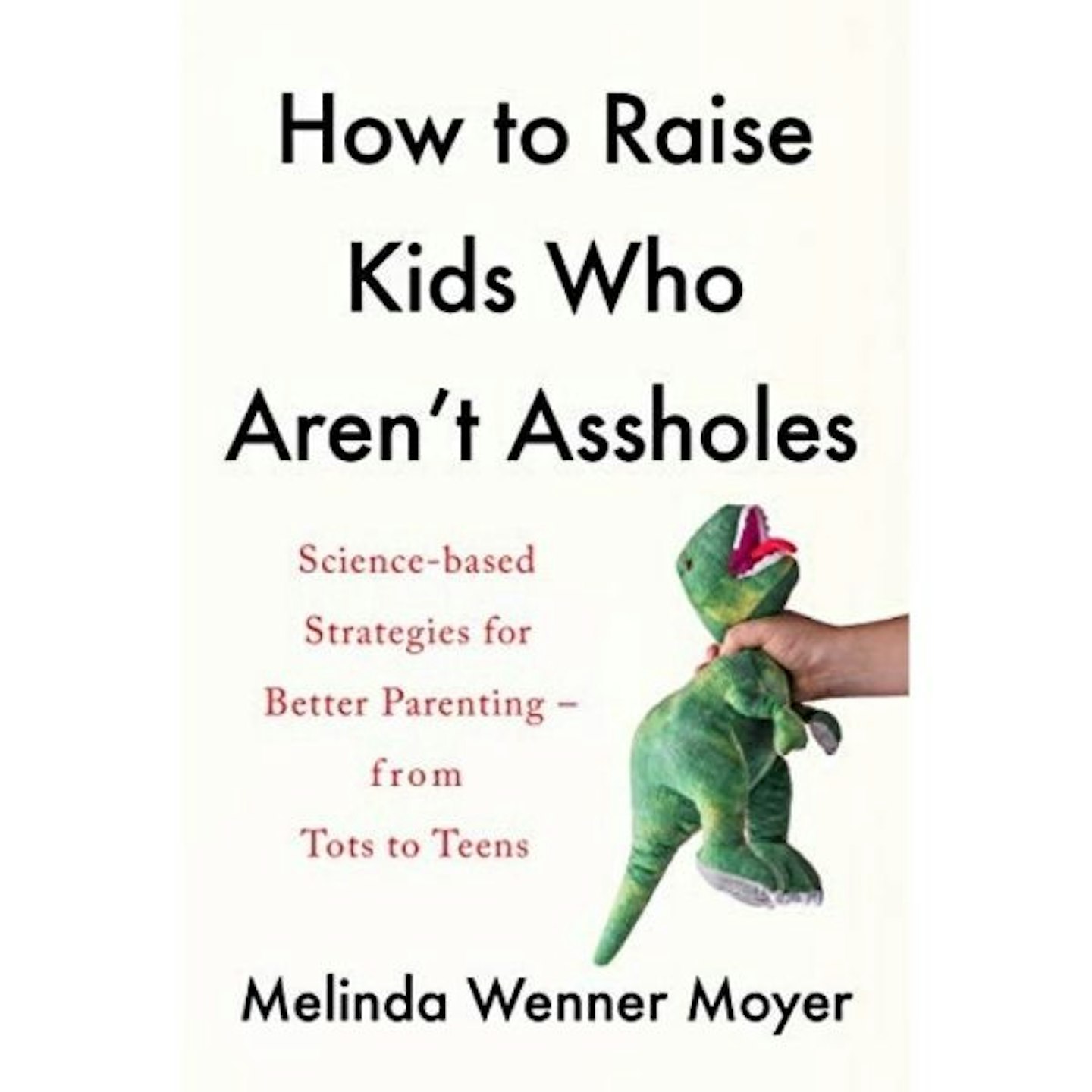 3 of 30
3 of 30How to Raise Kids Who Aren't Assholes, By Melinda Wenner Moyer
As Melinda's children grew, she found that one huge area was ignored in the realm of parenting advice: how do we make sure our kids don't grow up to be assholes? How to Raise Kids Who Aren't Assholes is a researched, evidence-based guide that provides a fresh, often surprising perspective on parenting issues, from toddlerhood through the teenage years.
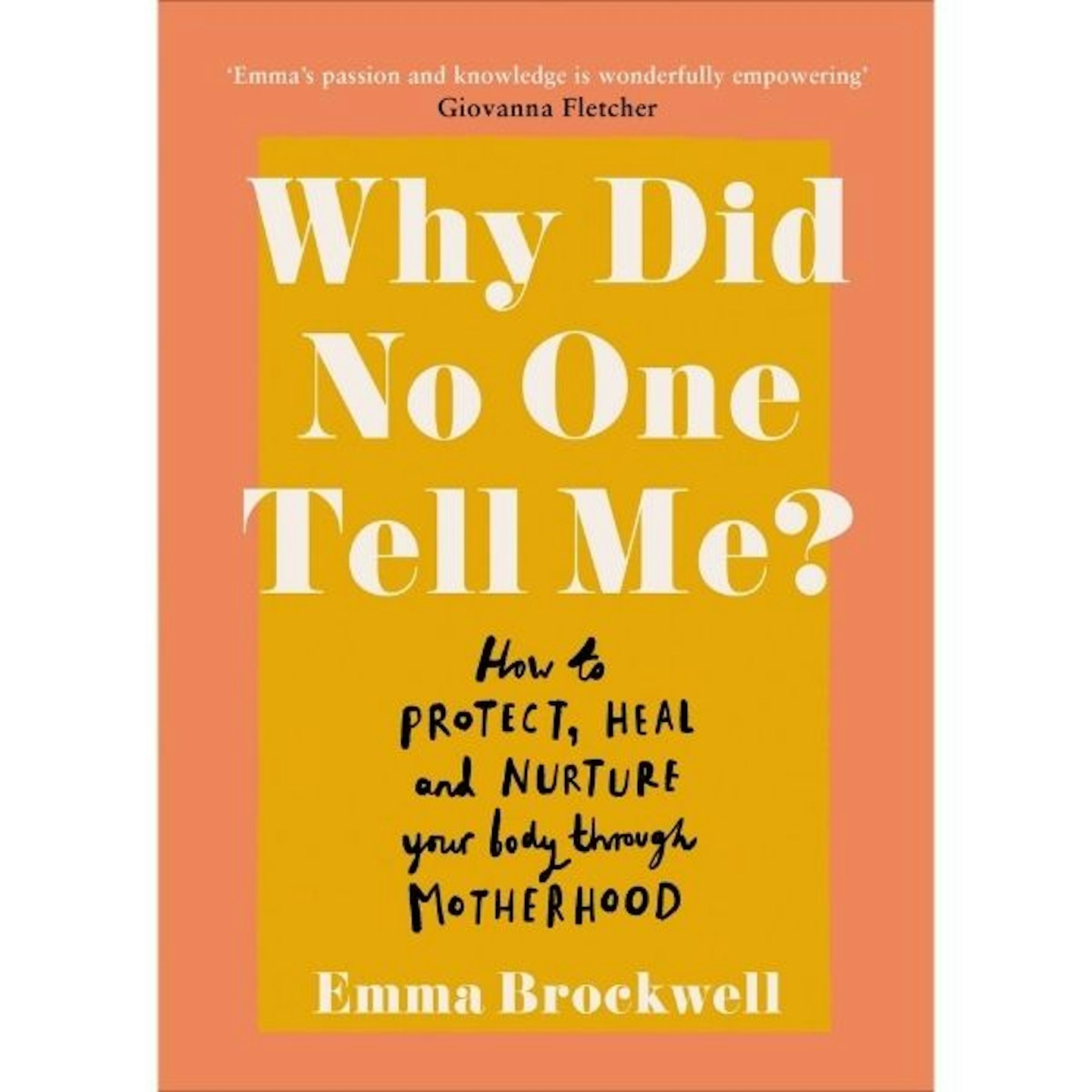 4 of 30
4 of 30Why Did No One Tell Me?: How to Protect Heal and Nurture Your Body Through Motherhood
For too long, women have been told that debilitating conditions following pregnancy are normal and something they have to just put up with. Emma Brockwell is on a mission to change this. In this guide, Emma combines her expertise as a specialist women's health physiotherapist with personal experience to create a warm and informative handbook to help pregnant women and new mums take control and care for their changing bodies. Find out how to:
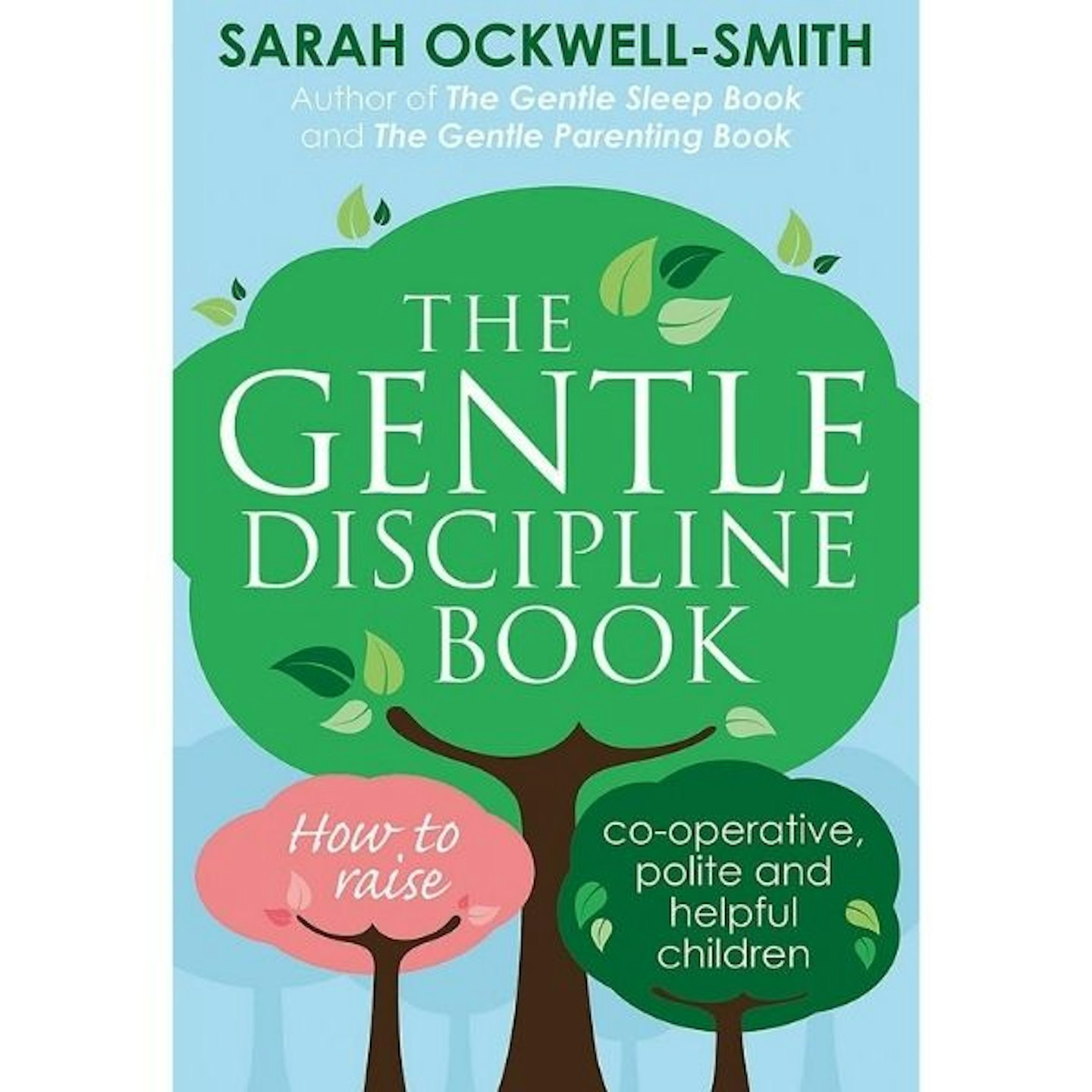 5 of 30
5 of 30The Gentle Discipline Book, By Sarah Ockwell-Smith
In The Gentle Discipline Book, Sarah Ockwell-Smith debunks many commonly held beliefs about punishment and motivation and provides an alternative approach that will empower you to discipline your child in an effective way and with respect. Gentle discipline is not about mollycoddling your child or being a pushover - it means understanding your child, having realistic expectations of them, and responding to their misbehaviour appropriately. It focuses on teaching and learning, not punishment or rewarding.
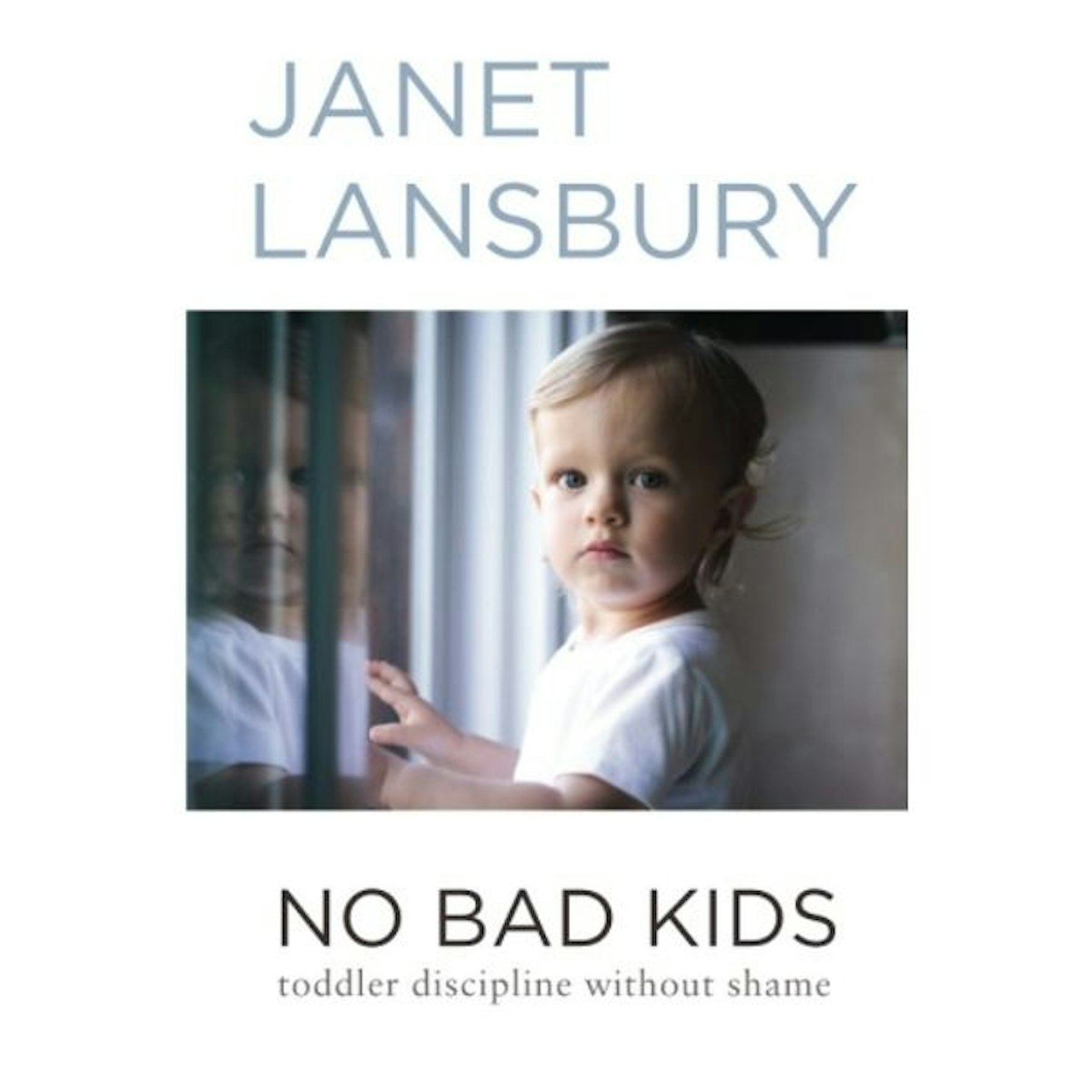 6 of 30
6 of 30No Bad Kids: Toddler Discipline Without Shame
No Bad Kids is a collection of Janet's most popular and widely read articles pertaining to common toddler behaviours and how respectful parenting practices can be applied to benefit both parents and children. It covers such common topics as punishment, cooperation, boundaries, testing, tantrums, hitting, and more.
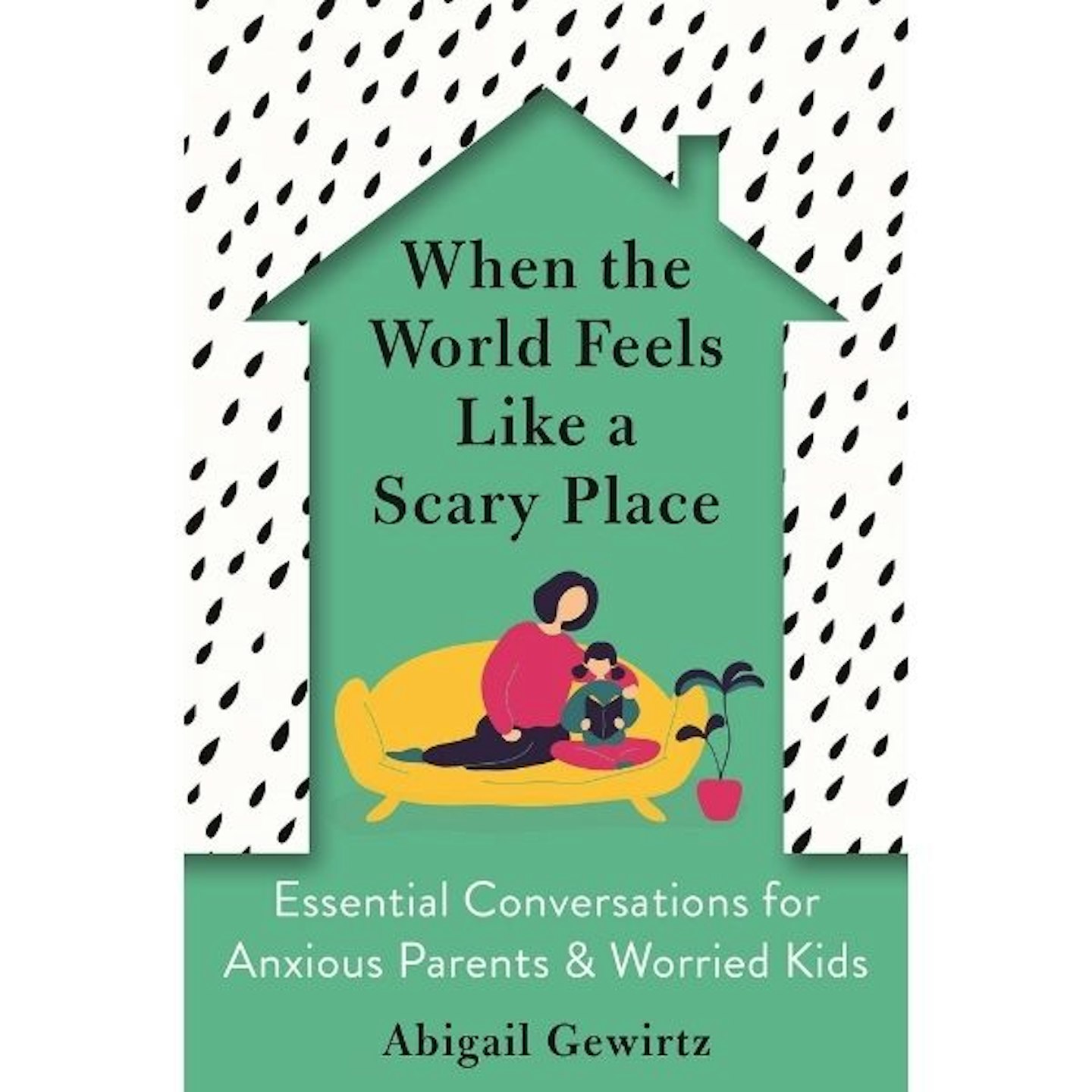 7 of 30
7 of 30When The World Feels Like A Scary Place, By Abigail Gewirtz
This book by prominent child psychologist Dr Abi Gewirtz, brings solutions to a problem that is only going to get worse - how bad things happening in the world affect our children, and how we can raise engaged and confident kids in spite of them. Through conversation scripts, talking points, prompts and insightful asides, When the World Feels Like a Scary Place is an indispensable guide to talking to our kids about the big things that worry them - making us calmer parents with more resilient children.
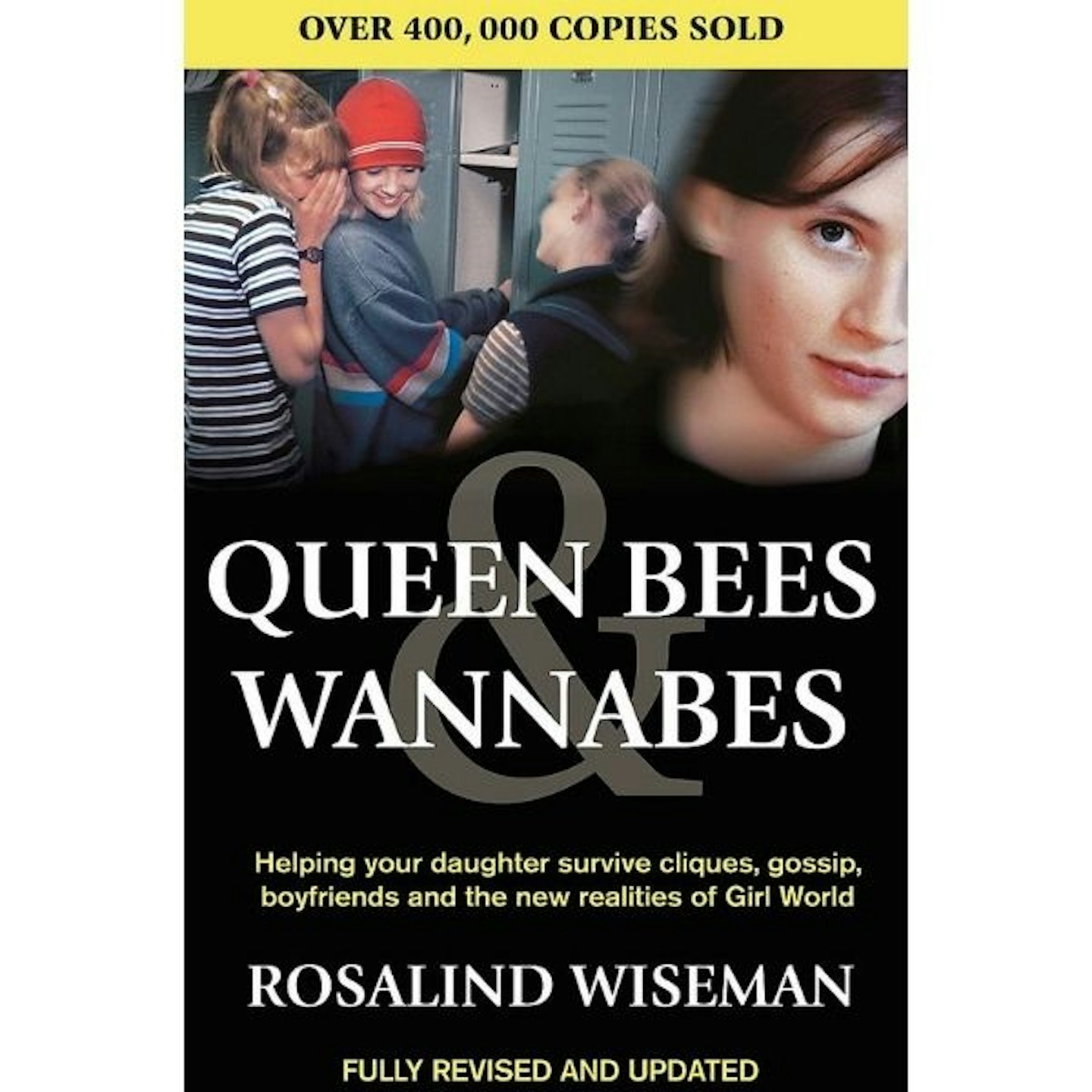 8 of 30
8 of 30Queen Bees and Wannabes
A revised and updated version of Rosalind Wiseman's groundbreaking book for a new generation of girls. Packed with insights about technology's impact on Girl World and enlivened with the experiences of girls, boys, and parents, the book that inspired the hit movie Mean Girls (YES REALLY) offers concrete strategies to help you empower your daughter to be socially competent and treat herself with dignity.
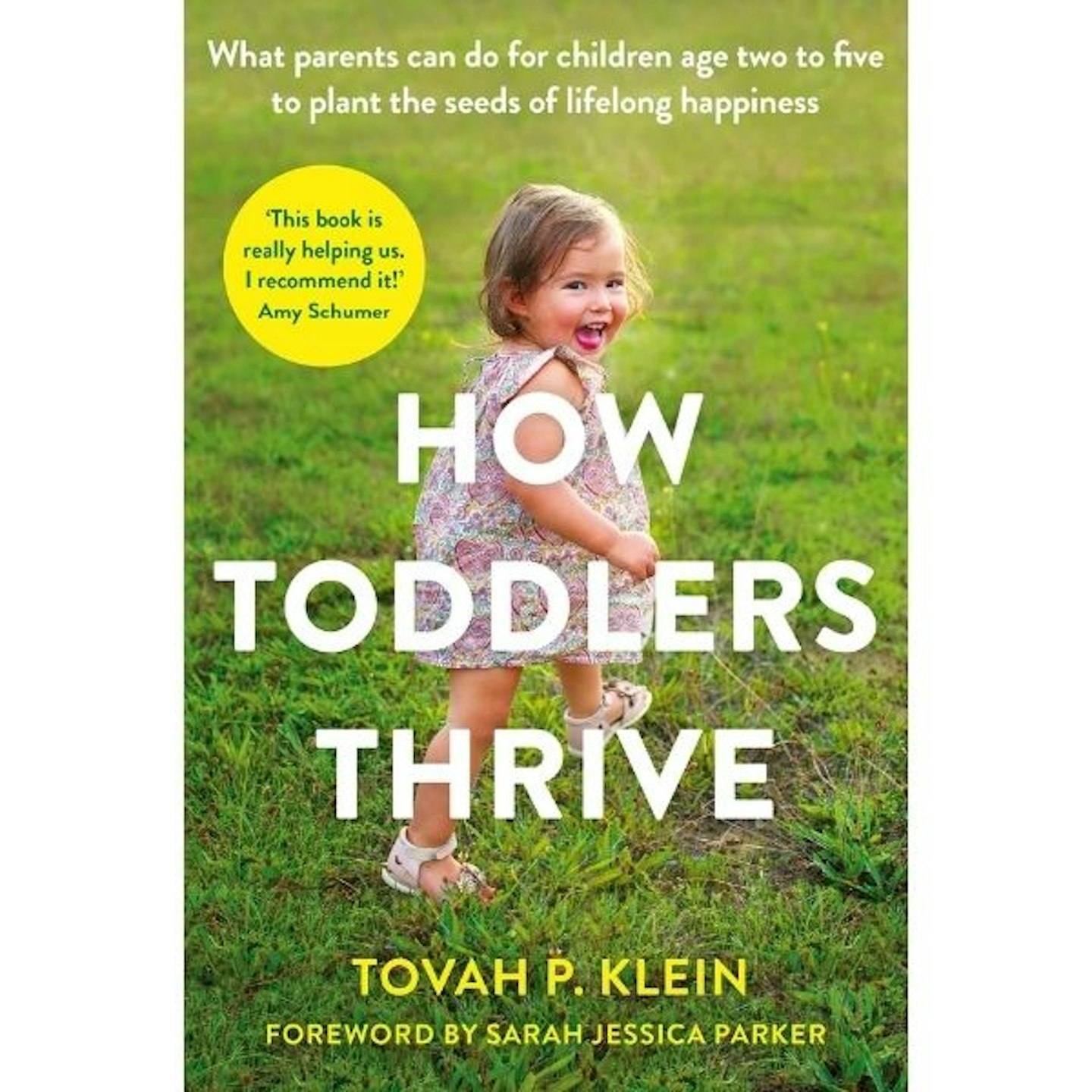 9 of 30
9 of 30How Toddlers Thrive, By Tovah P. Klein
Leading toddler expert Dr Tovah P. Klein reveals why age two to five is the most crucial time for a child's brain development and how parents can harness this period to have a lifelong positive effect on their children's lives. With chapters on everyday routines, tantrums, managing change and avoiding toddler shaming, this smart and useful guide promises to inspire you to be a better parent. Sarah Jessica Parker says: 'Tovah taught me how to resist the temptation to fix everything, and instead give my children the opportunity to learn how to problem-solve for themselves.'
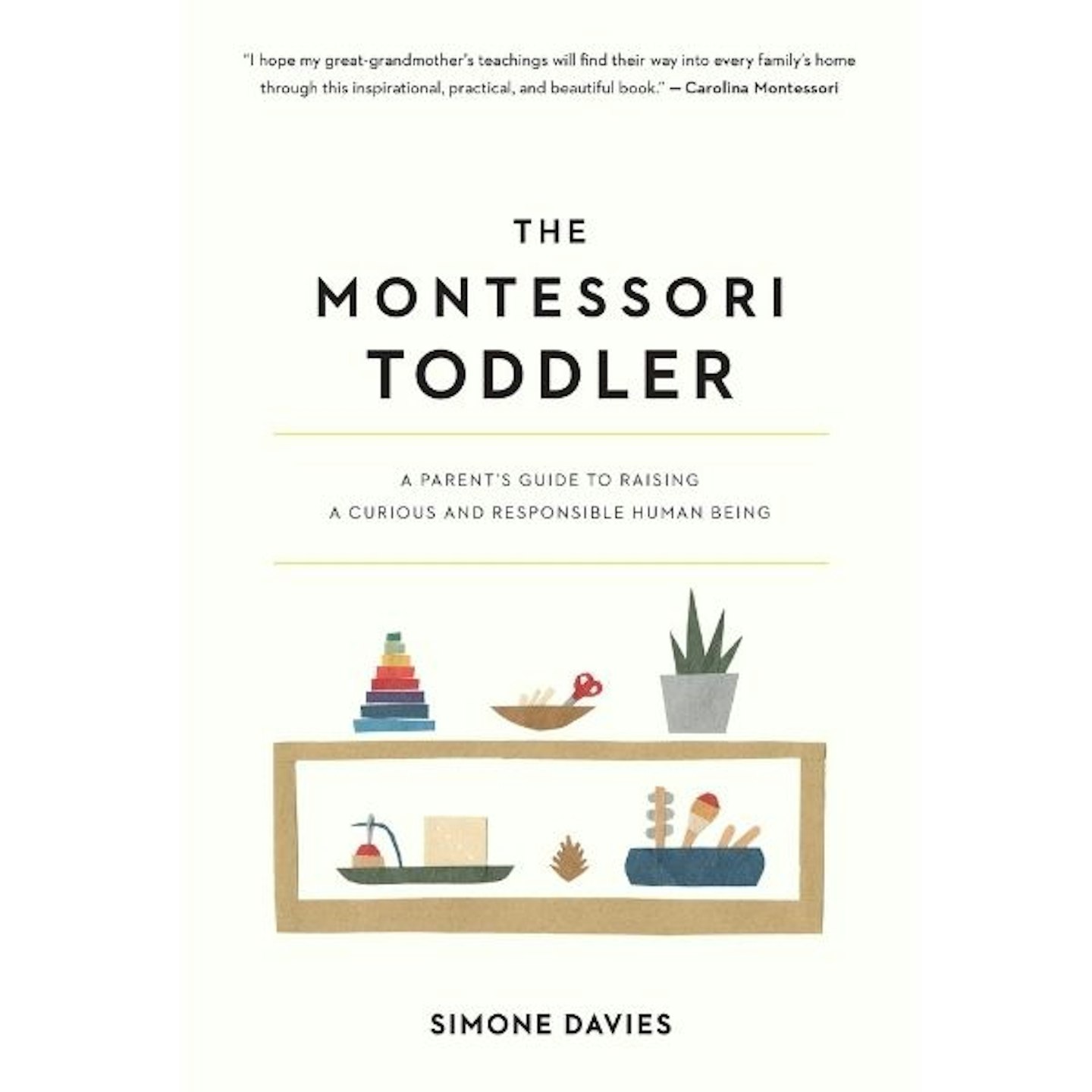 10 of 30
10 of 30The Montessori Toddler
This book promises to not only help you become a more effective parent but actually change how you see your children. Written by Montessori educator Simone Davies, this book shows you how to bring the educational values of a Montessori classroom into your home-while
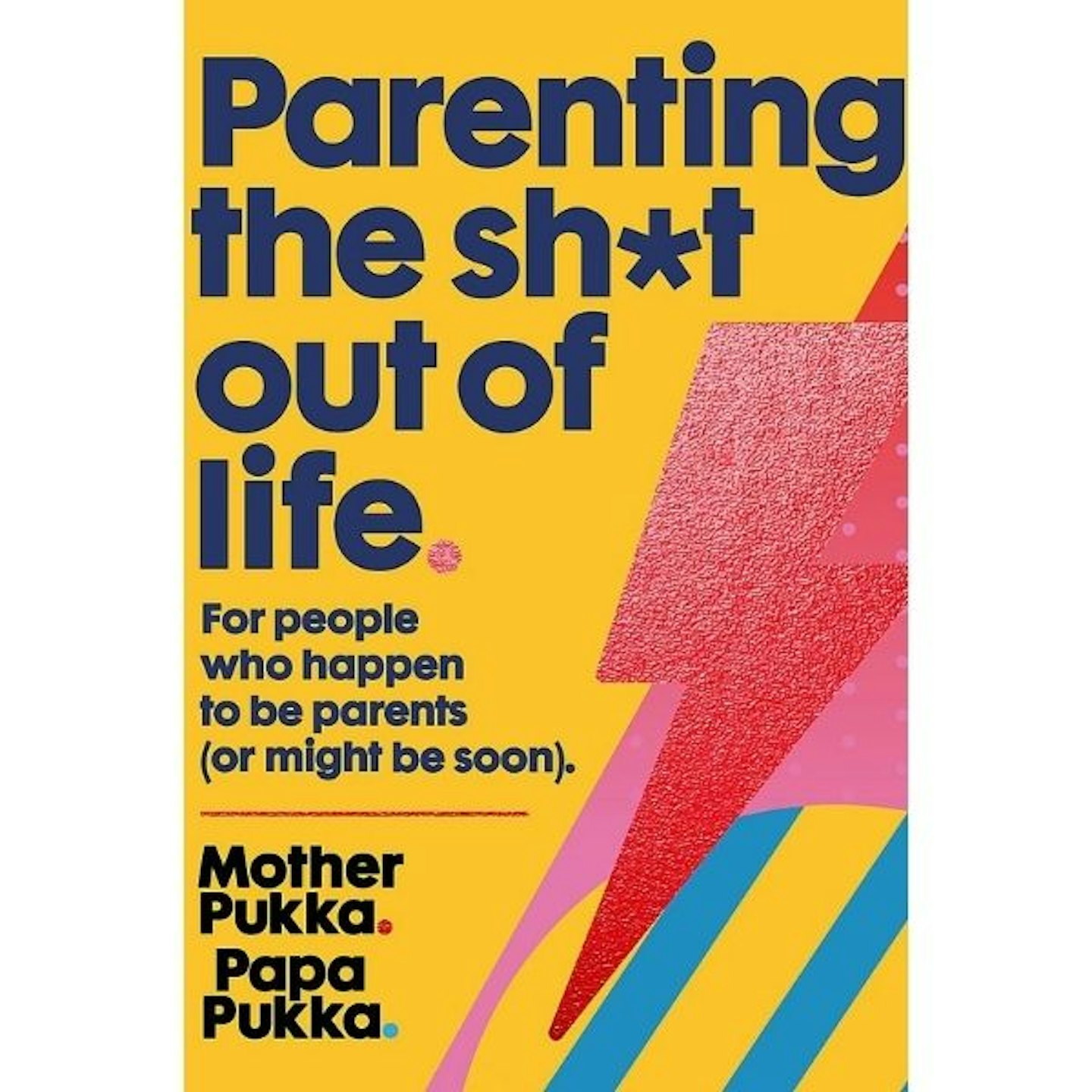 11 of 30
11 of 30Parenting The Sh*t Out Of Life
From Grazia columnist Anna Whitehouse aka Mother Pukka and Matt Farquharson aka Papa Pukka, comes the Sunday Times bestselling account of parenting told from both perspectives, and a handy guide (kind of) on how to raise a small human. The must-read for all parents and parents-to-be - and possibly the best (or worst) baby shower gift you could ever give a prospective mum or dad...
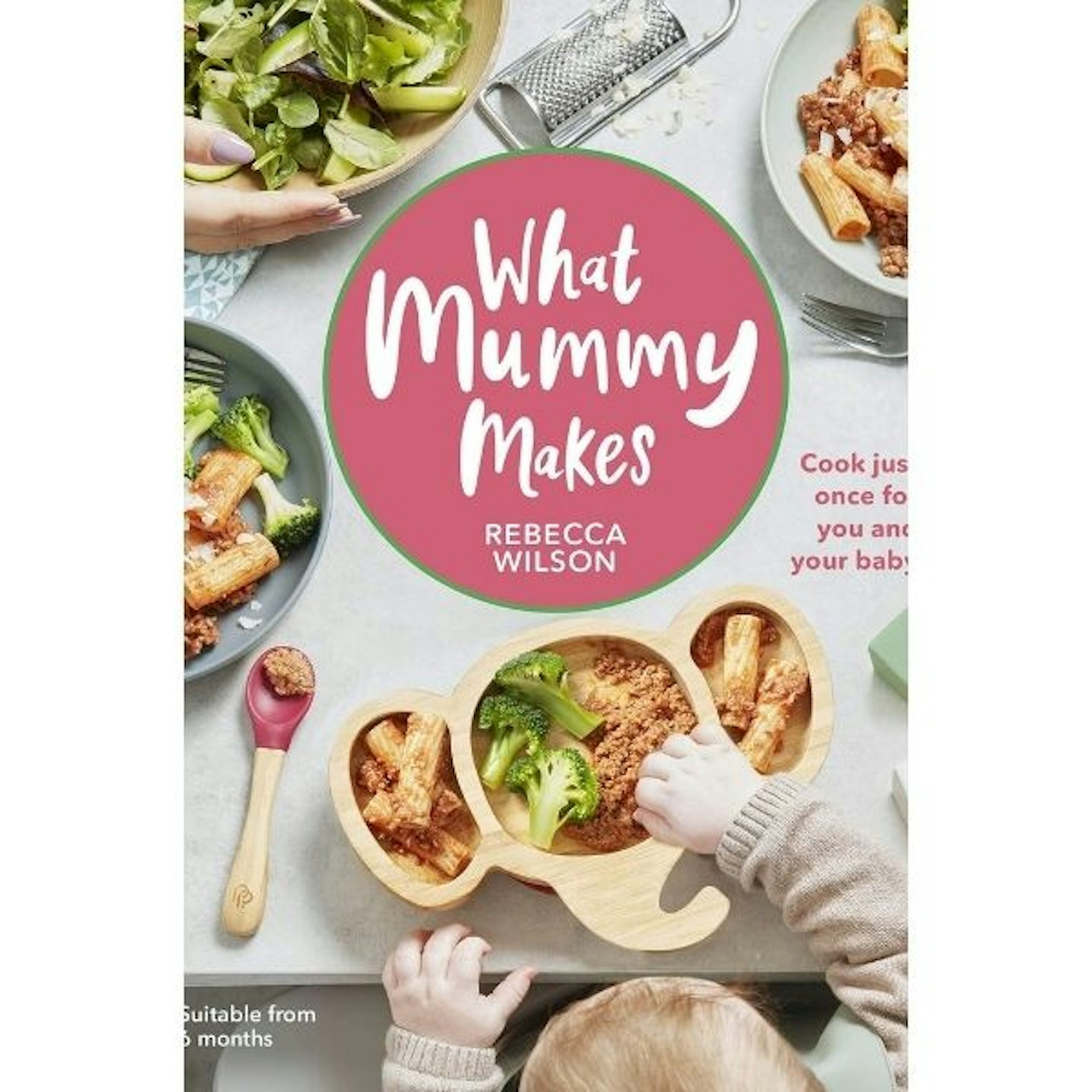 12 of 30
12 of 30What Mummy Makes
Promising 130 recipes that will suit six-month-olds AND the rest of the family, this book could save you a lot of hassle when it comes to dinnertime…
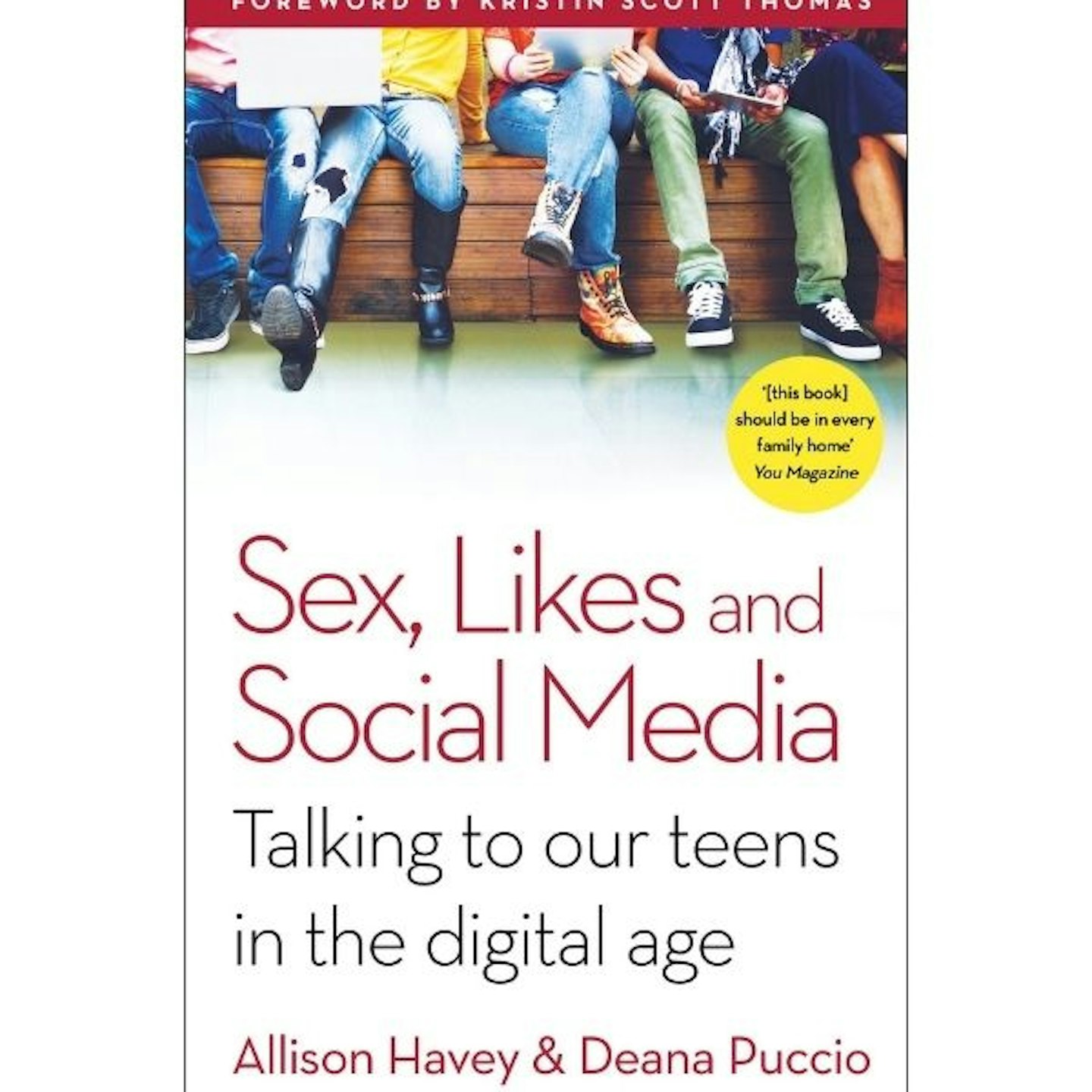 13 of 30
13 of 30Sex, Likes And Social Media: Talking To Our Teens In The Digital Age, By Deana Puccio And Allison Havey
Based on their professional work with young people, parents and teachers – and their experiences with their own children – Deana Puccio and Allison Havey give you the tools to talk to children who are digital natives with experiences wildly different from their parents'.
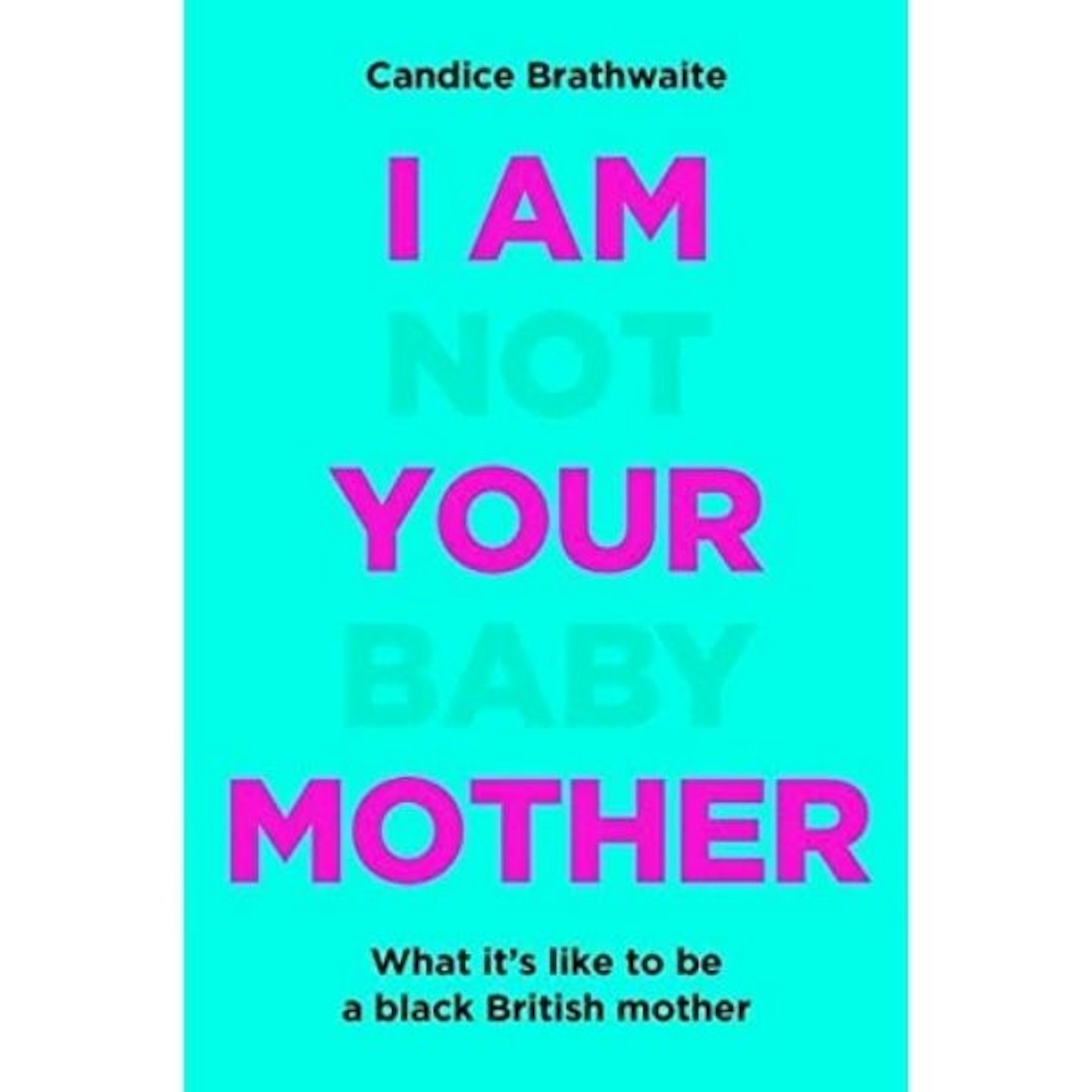 14 of 30
14 of 30I Am Not Your Baby Mother
A thought-provoking, urgent and inspirational guide to life as a Black mother. It explores the various stages between pregnancy and waving your child off at the gates of primary school while facing hurdles such as white privilege, racial micro-aggression and unconscious bias at every point. Candice does so with her trademark sense of humour and refreshing straight-talking, and the result is a call-to-arms that will allow mums like her to take control, scrapping the parenting rulebook to mother their own way.
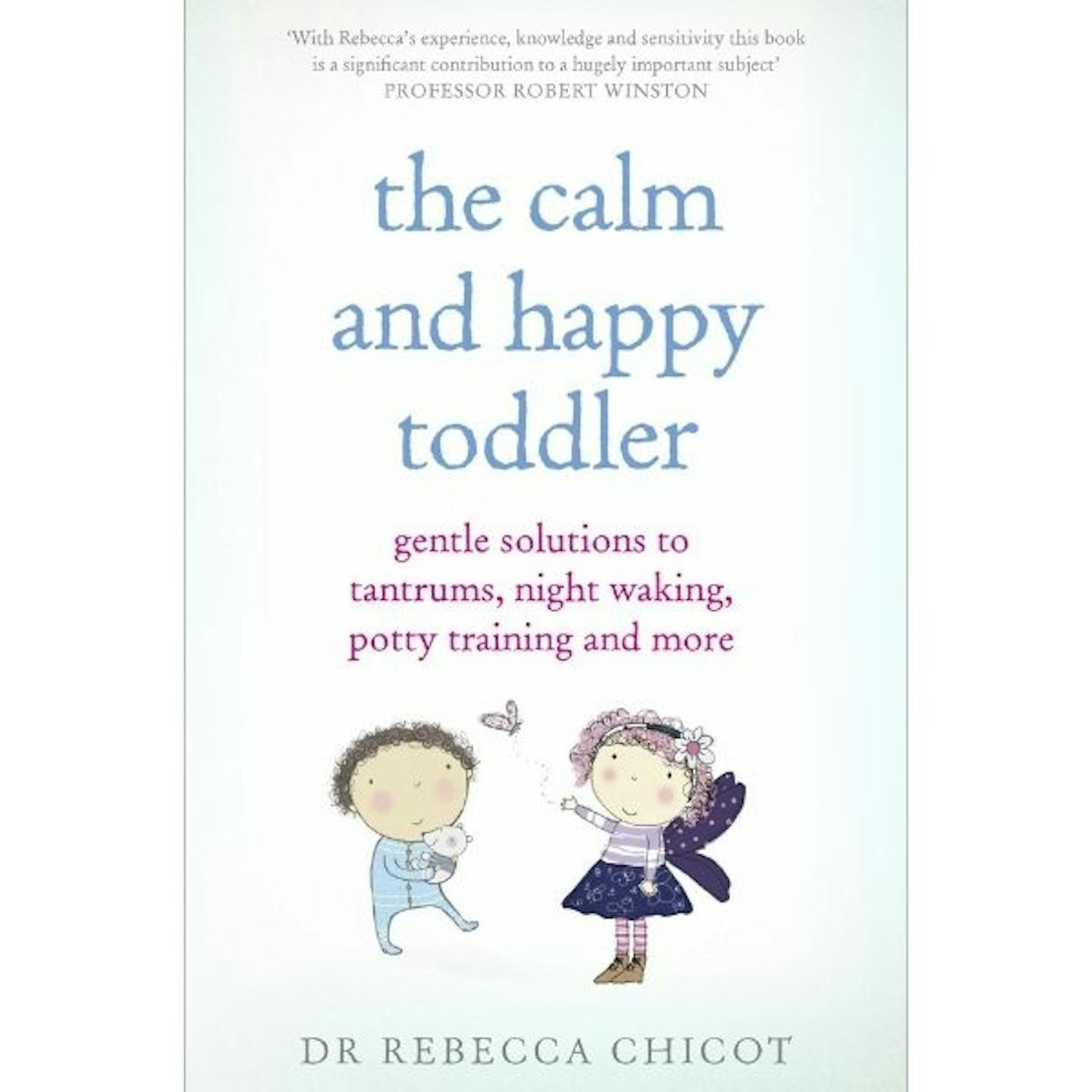 15 of 30
15 of 30The Calm And Happy Toddler, By Dr Rebecca Chicot
You think a newborn is the hard bit… and then you meet your little toddler. This book promises to help you, gently, through tantrums, night-waking, potty-training and all the fun stuff that goes with having a toddler. Dr Rebecca Chicot has a PhD in Parenting and Child Development from Cambridge University.
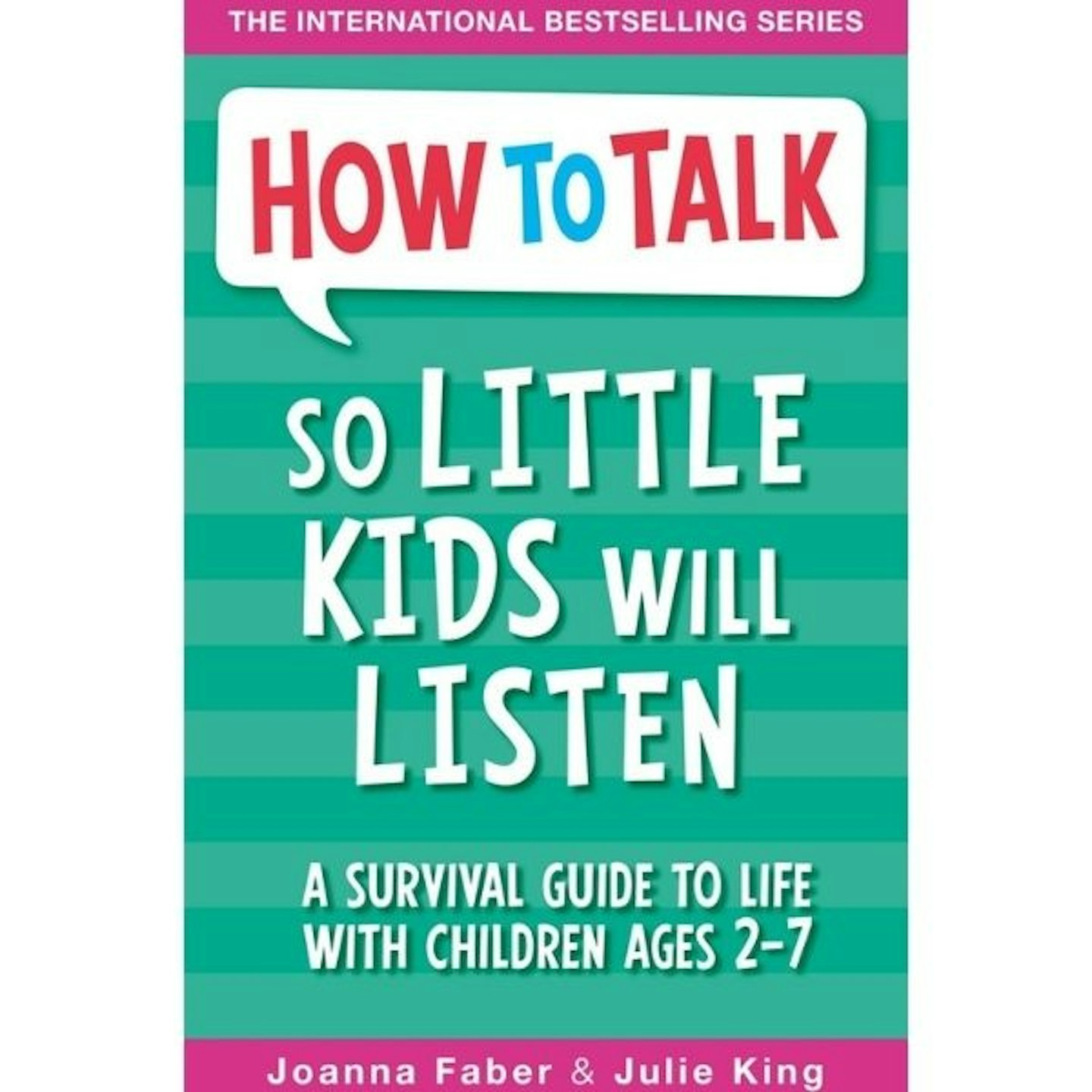 16 of 30
16 of 30How To Talk So Little Kids Will Listen
Tried and tested communication strategies to survive - and thrive - with kids ages 2-7. Users have rated this book for having a helpful toolbox of tricks that are easy to understand and carry out.
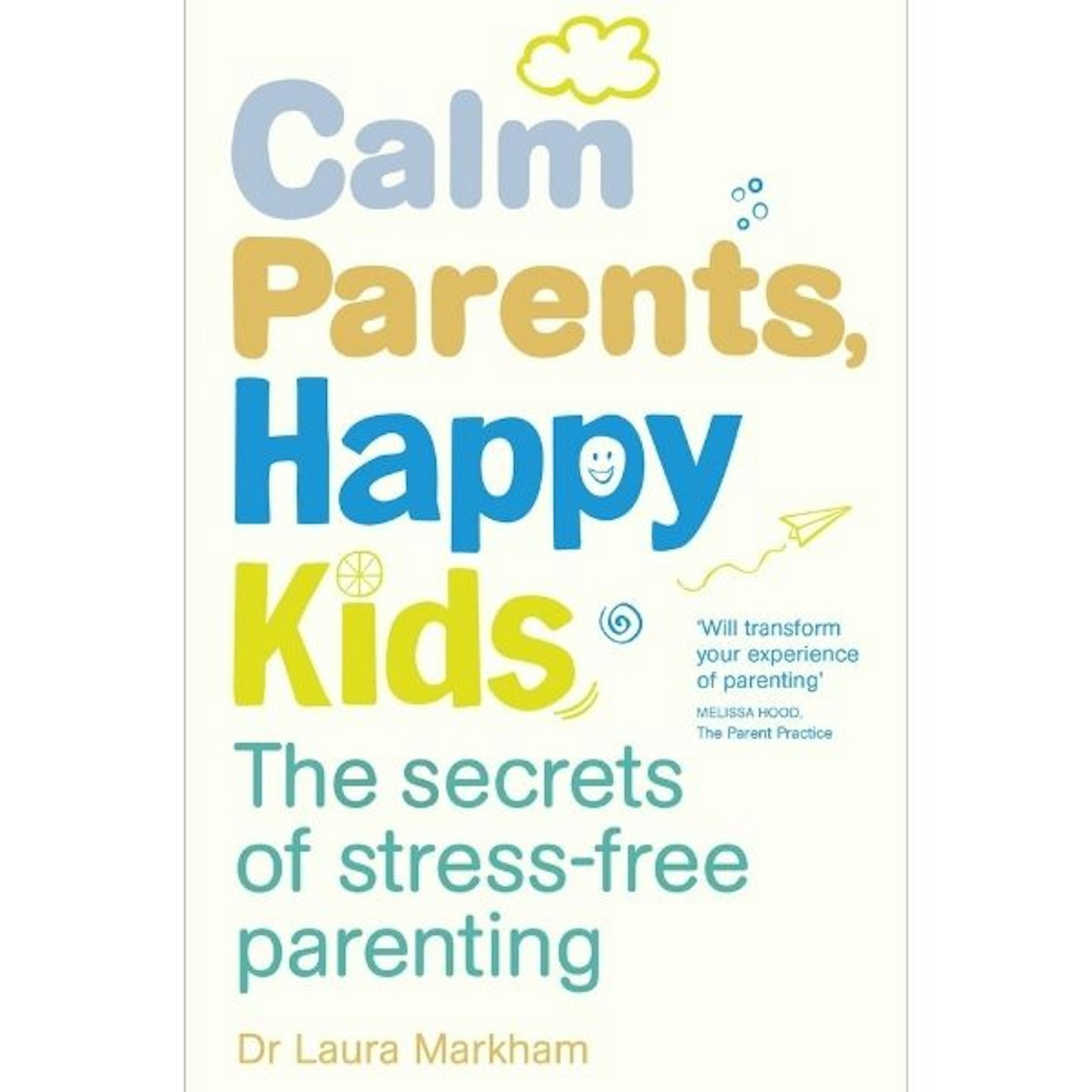 17 of 30
17 of 30Calm Parents, Happy Kids: The Secrets Of Stress-Free Parenting, By Dr Laura Markham
Most parenting books focus on changing a child's behaviour, but this book says the truth is that children only change when their relationship with their parents changes. In Calm Parents, Happy Kids, Dr Laura Markham introduces an approach to parenting that eliminates threats, power struggles and manipulation, in favour of setting limits with empathy and communication. Bringing together the latest research in brain development with a focus on emotional awareness (for both parents and children), it will appeal to all parents who don't want to force their children into compliance and lose their temper, but want to keep calm and help their children want to behave.
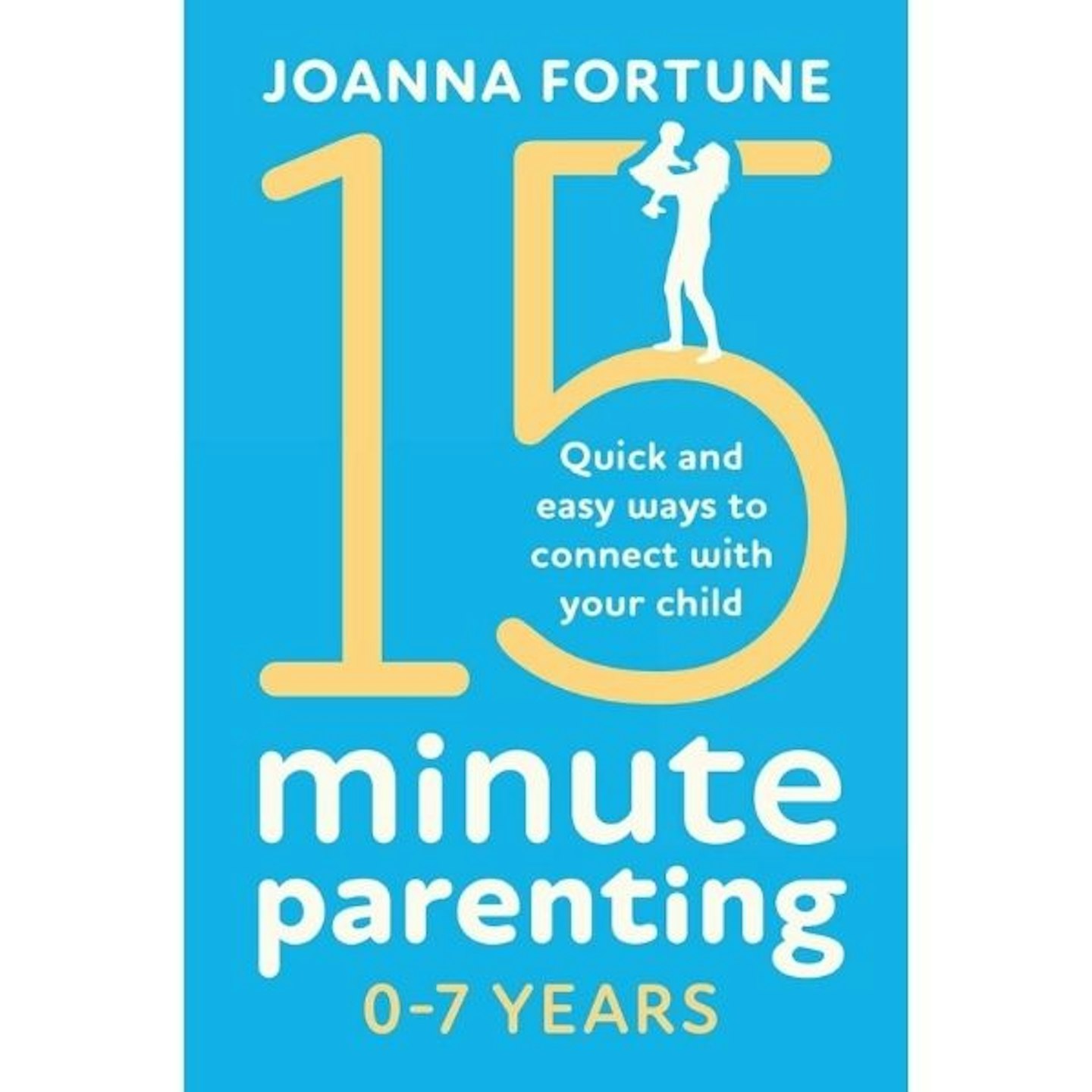 18 of 30
18 of 3015-Minute Parenting 0-7 Years: Quick And Easy Ways To Connect With Your Child, By Joanna Fortune
This also comes in a version for 8-12-year-olds and posits that just 15 minutes of mindful playtime each day in your and your child's routine could change behaviour. Created with busy parents in mind, psychotherapist and parenting expert Joanna Fortune has devised a simple but effective method to build quality playful time together at home, structured around 15-minute games that can be easily incorporated into your existing daily routine.
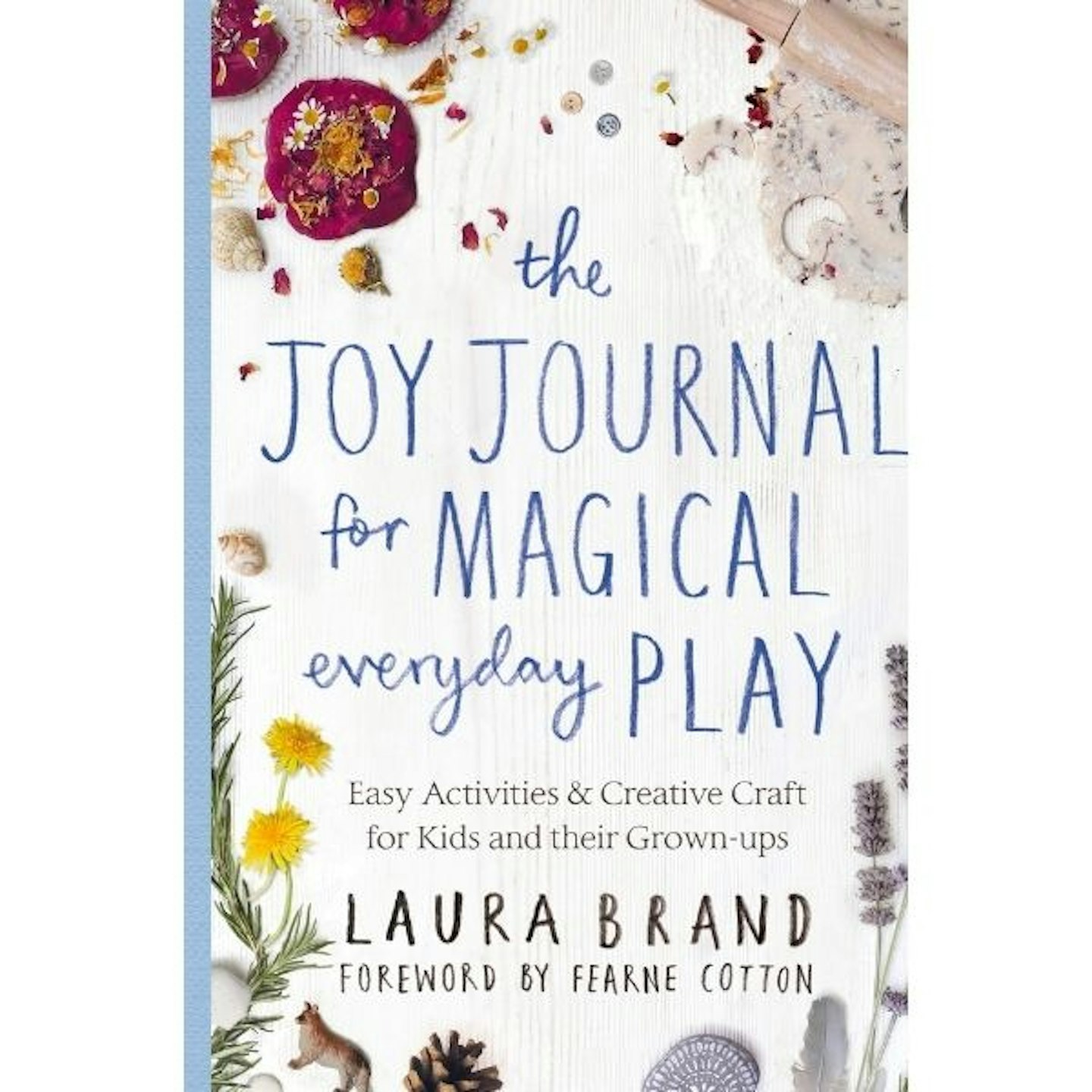 19 of 30
19 of 30The Joy Journal for Magical Everyday Play
With a foreword written by Fearne Cotton and written by Russell Brand's wife and mother to his two children, this book has star ratings. But it's also hugely useful and full of games and tips to keep children preoccupied in ways that don't involve screens, which everyone knows is very much half the battle of parenthood...
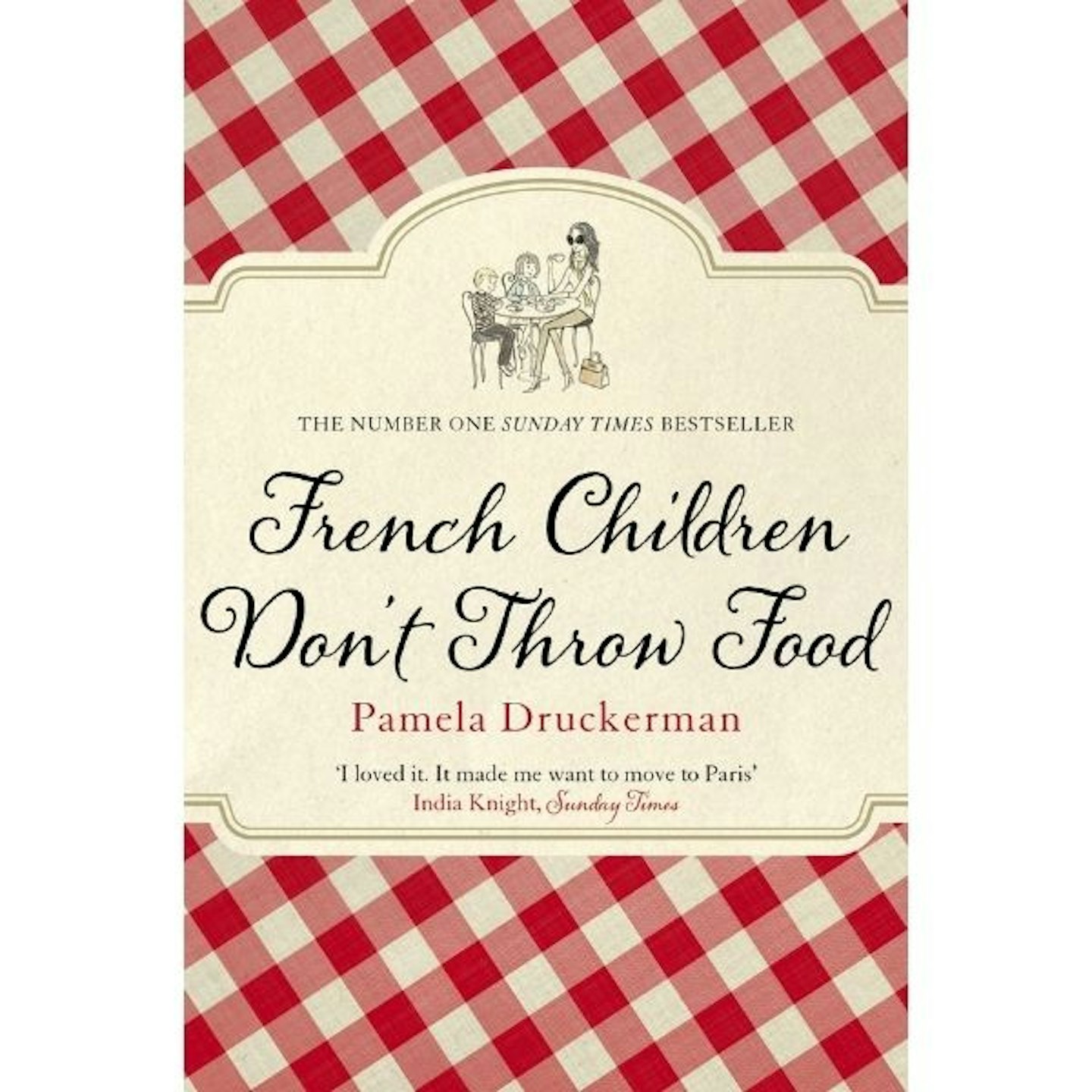 20 of 30
20 of 30French Children Don't Throw Food
Part travel book and autobiography, this book shares journalist Pamela's parenting tips she learned from living in France. And, for added glam, it's set to be made into a film, starring Anne Hathaway...
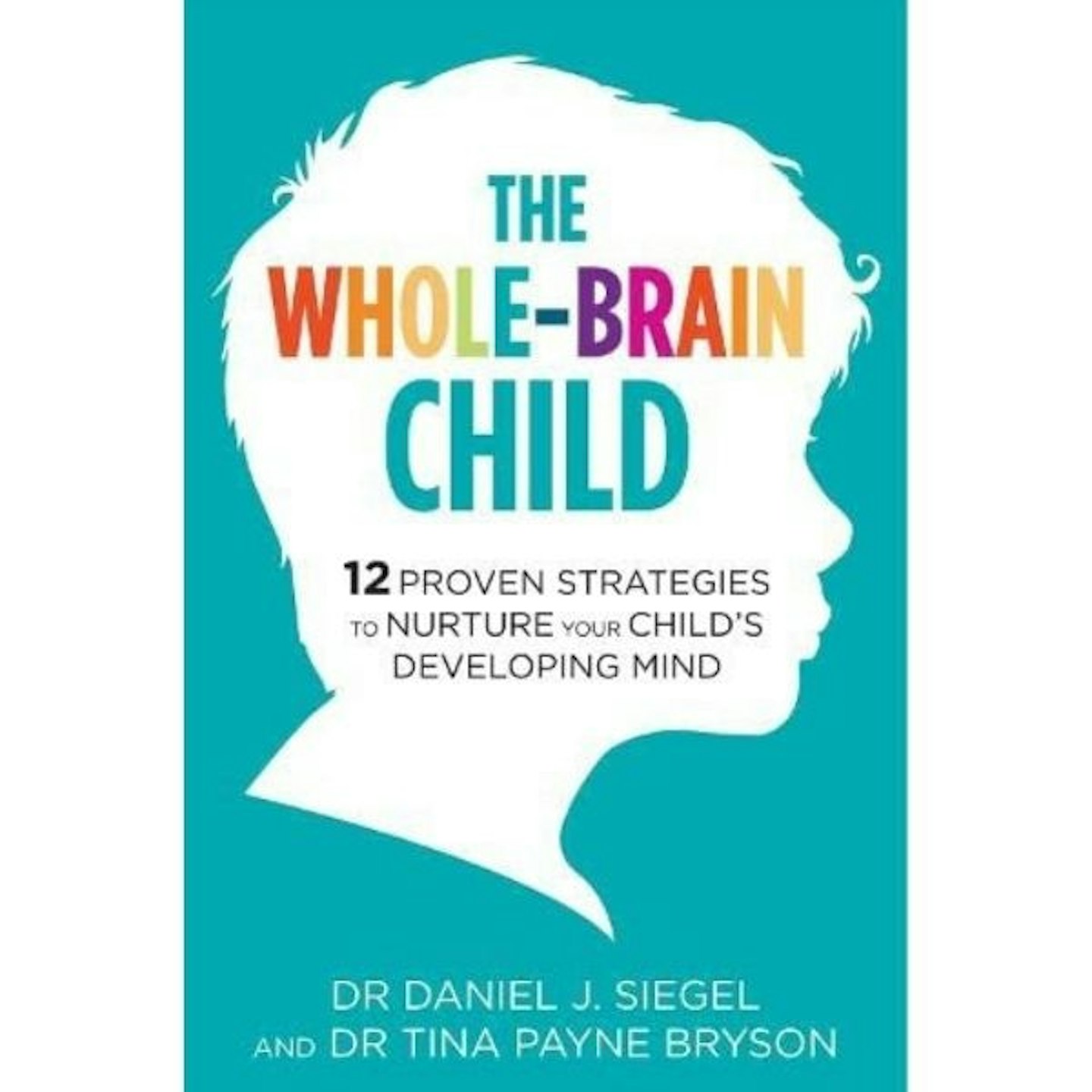 21 of 30
21 of 30The Whole-Brain Child
Designed to help children of different ages, this pioneering, practical book for parents, neuroscientist Daniel J. Siegel and parenting expert Tina Payne Bryson explain the new science of how a child's brain is wired and how it matures. Different parts of a child's brain develop at different speeds and understanding these differences can help you turn any outburst, argument, or fear into a chance to integrate your child's brain and raise calmer, happier children.
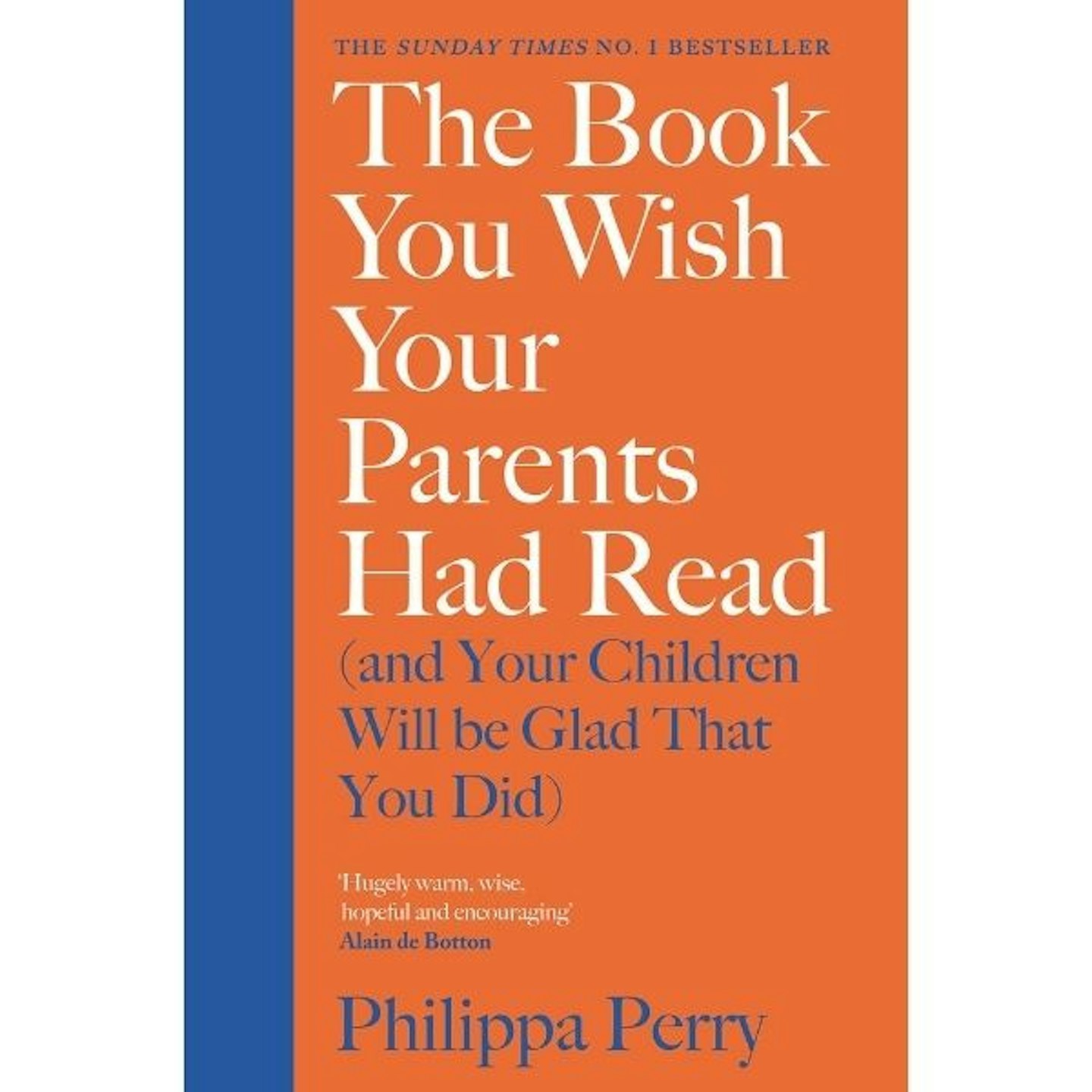 22 of 30
22 of 30The Book You Wish Your Parents Had Read (And Your Children Will Be Glad That You Did), By Philippa Perry
Philippa Perry has been a psychotherapist for the past twenty years. She lives in London with her husband the artist Grayson Perry, and they have a grown-up daughter, Flo. Billed as a book for parents and children (and those who aren't yet parents), this book comprehensively covers lots of different stages of life and has a host of celebrity fans from Nigella Lawson to Fearne Cotton.
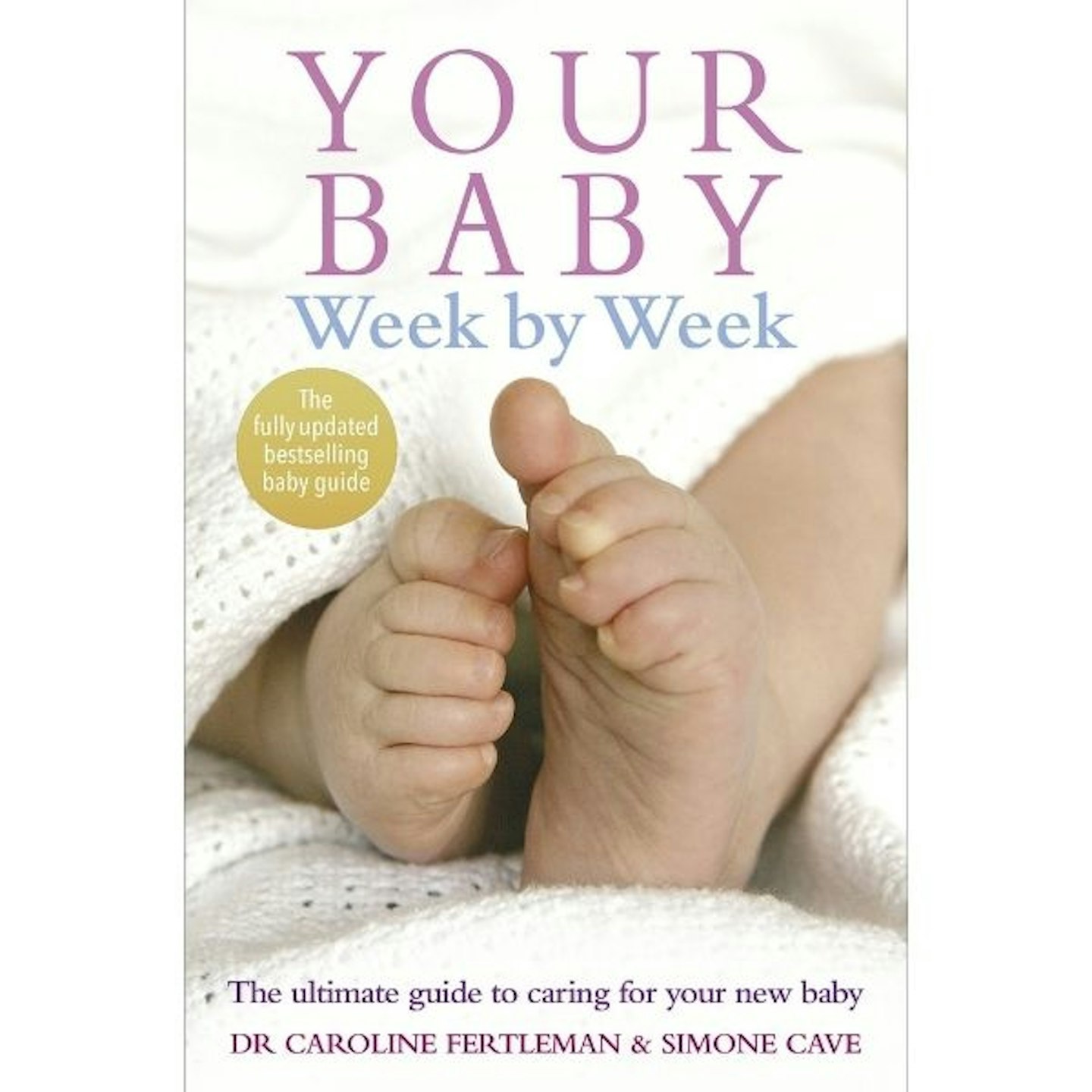 23 of 30
23 of 30Your Baby Week By Week
The book to shove in your pregnant friend's hands and tell them to only read week by week. A helpful manual of things your baby might and could be doing, week by week. As with all books, best taken with a dose of salt too – use the helpful bits, ignore the unhelpful/ones you can't quite face (i.e. the sleep bits…)
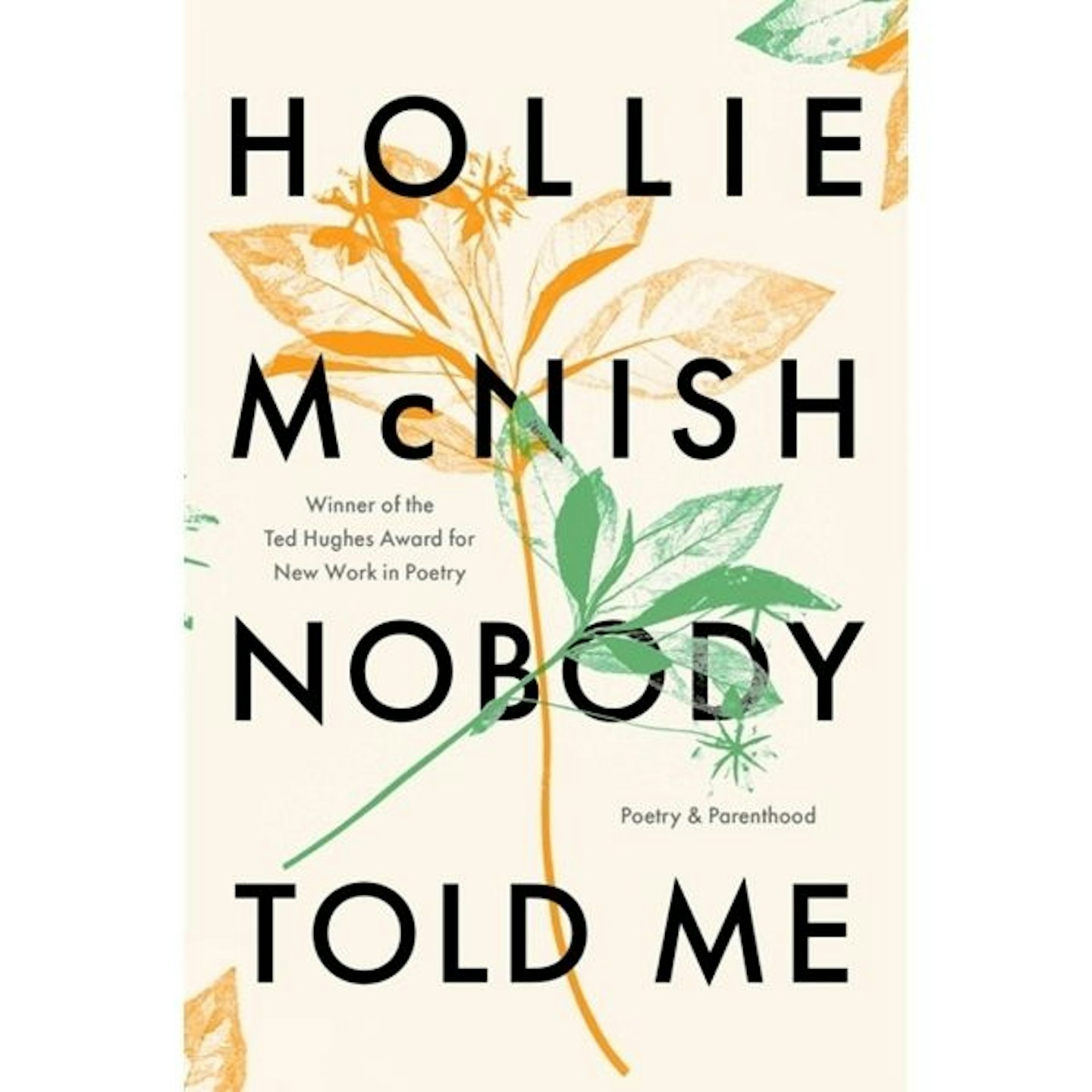 24 of 30
24 of 30Nobody Told Me
If it's weaning or sleep-training schedules you're looking for, this might not help exactly, but this book of poetry will make you smile. And probably nod your head a lot. And sometimes cry, and sometimes feel understood. Which goes much further than you'd think.
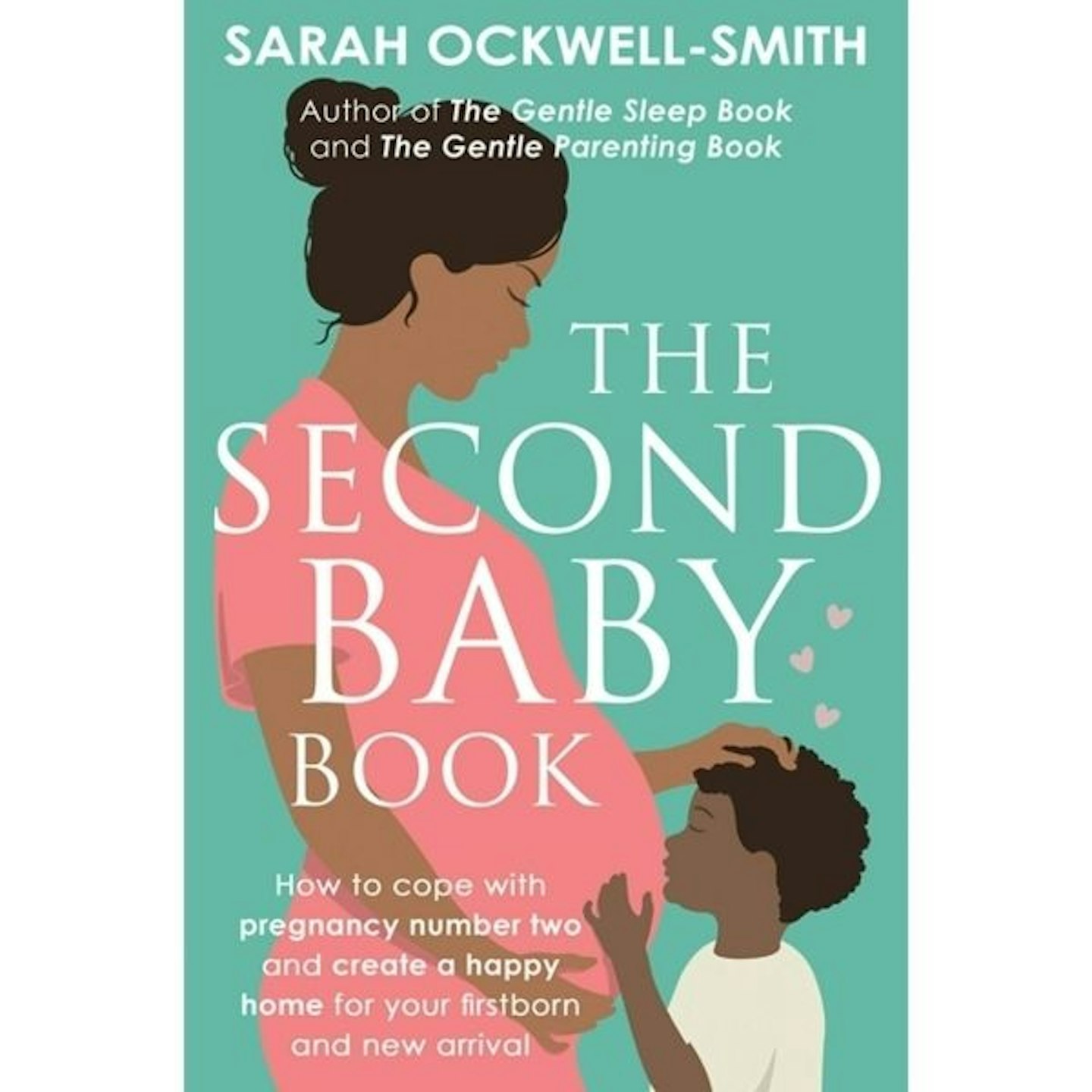 25 of 30
25 of 30The Second Baby Book, By Sarah Ockwell-Smith
This guide examines the specific issues that can arise with a second pregnancy and birth. From the common concerns about siblings, such as how to prepare your firstborn for what's to come, to how to cope with the practicalities of life with two young children. And the feelings parents are likely to experience, too - because it's easy to forget about this part.
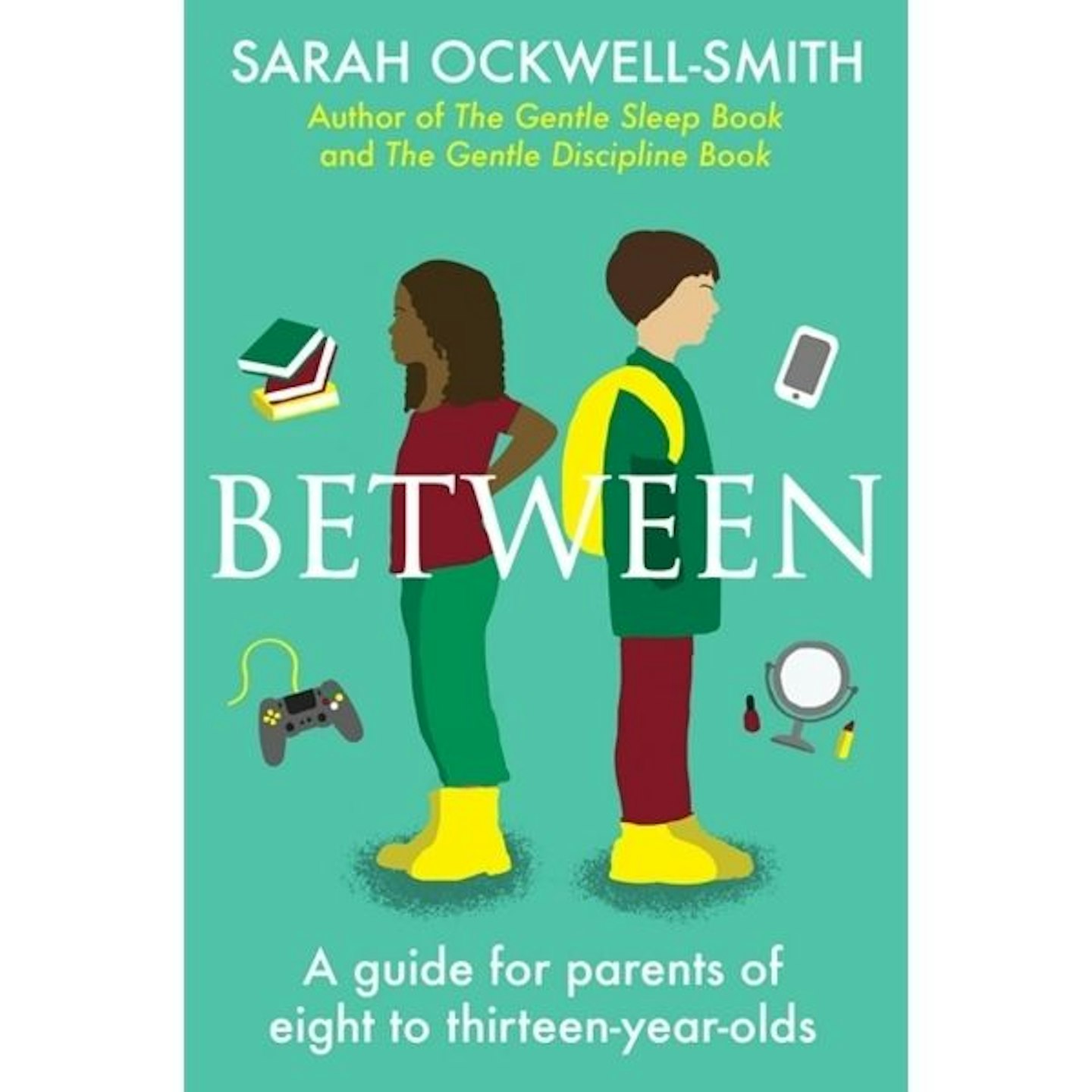 26 of 30
26 of 30Between: A guide for parents of eight to thirteen-year-olds
Raising a teenager can leave you feeling like a parenting beginner all over again. Children in the 'between' stage change daily, leaving parents struggling to understand the child they once thought they knew. In Between by parenting expert Sarah Ockwell-Smith uses biology, psychology and sociology of adolescence to give readers practical parenting advice that you can use to help your child through the tricky transition from childhood to adulthood.
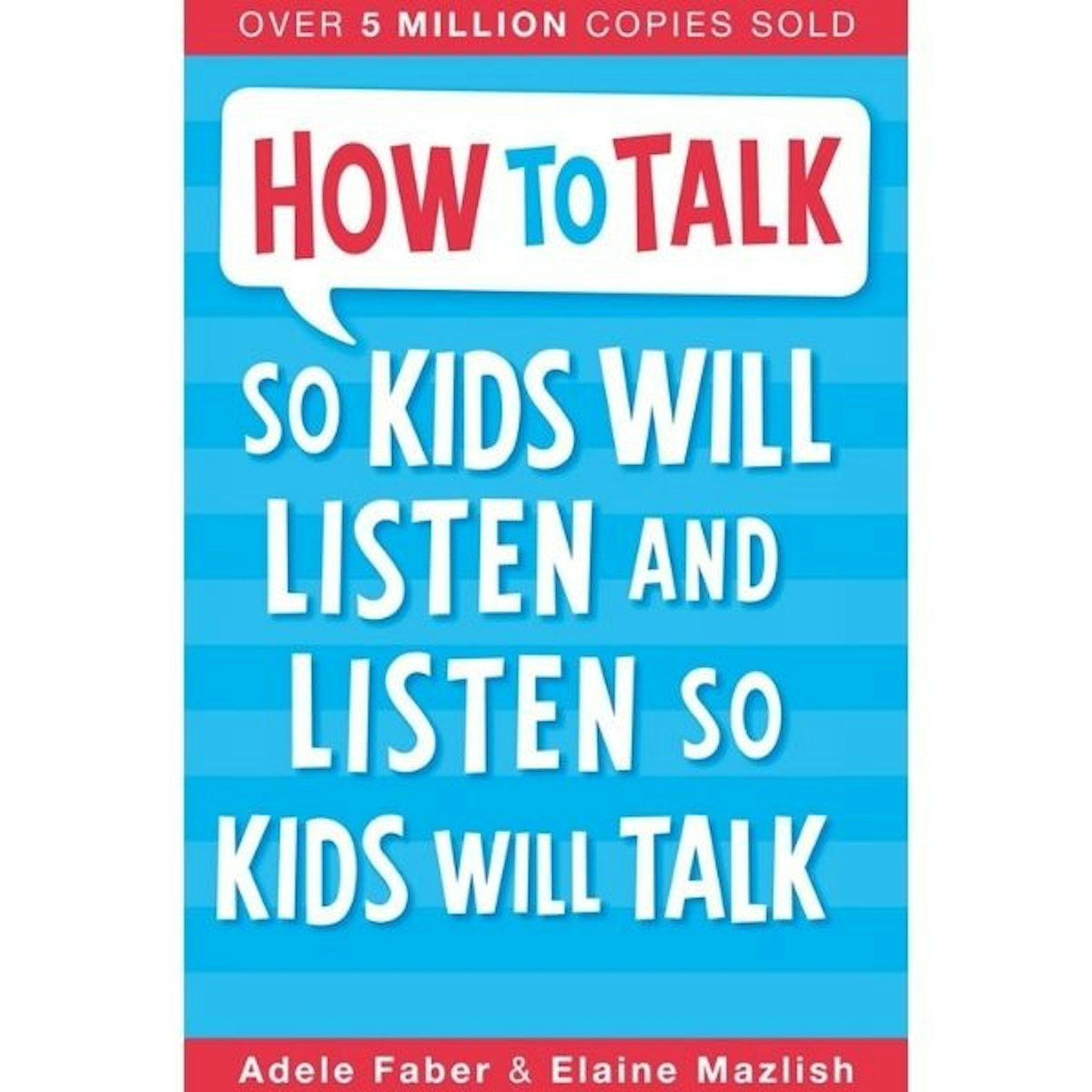 27 of 30
27 of 30How to Talk so Kids Will Listen and Listen so Kids Will Talk
Parenting experts Adele Faber and Elaine Mazlish provide effective step-by-step techniques to help you improve and enrich your relationships with your children. Read this guide to learn how to break a pattern of arguments, cope with your child's negative feelings, engage your child's co-operation, set clear limits, express your anger without being hurtful and resolve family conflicts peacefully.
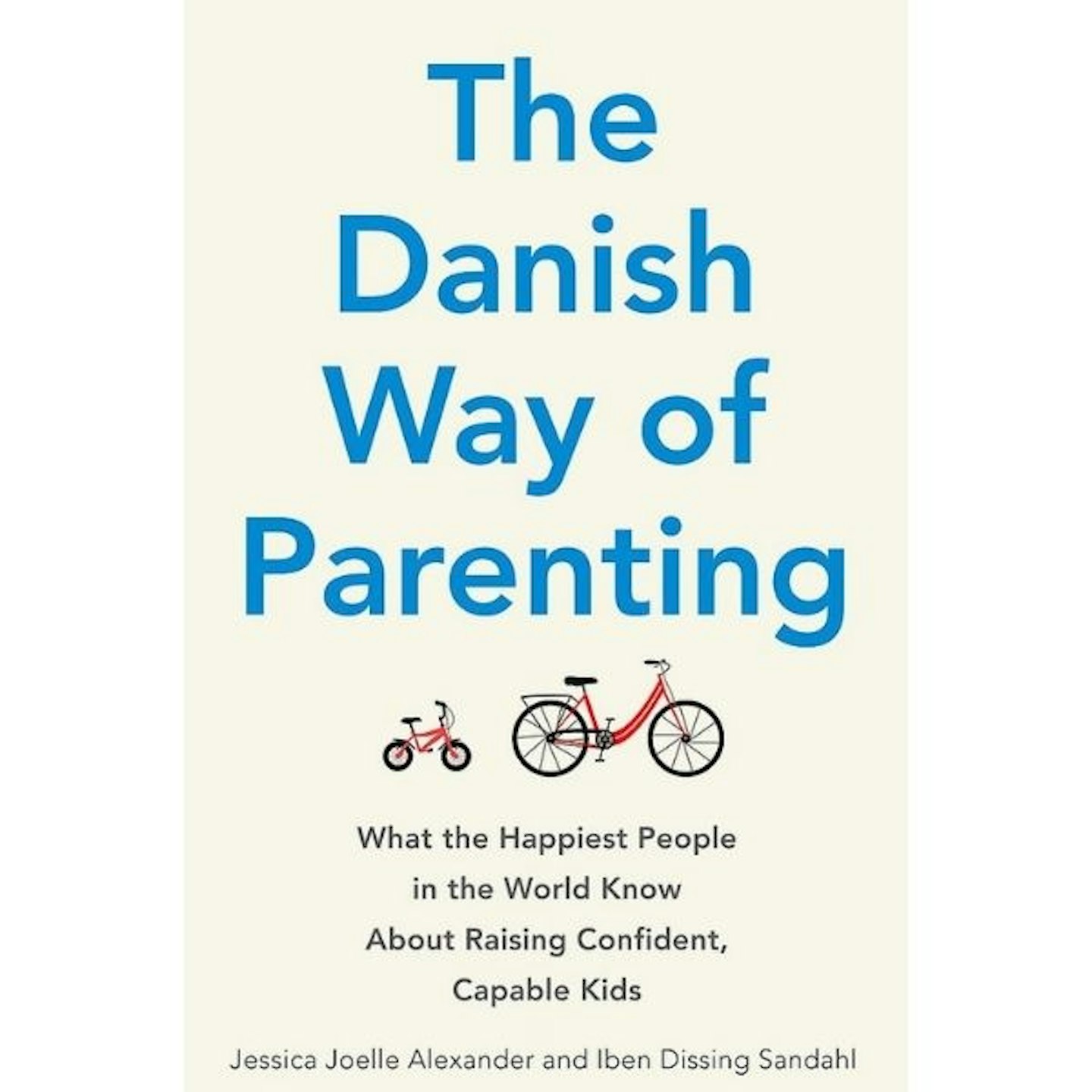 28 of 30
28 of 30The Danish Way Of Parenting
What makes Denmark the happiest country in the world, and how do Danish parents raise happy, confident, successful kids, year after year? This upbeat and practical guide reveals the six essential principles that have been working for parents in Denmark for decades:
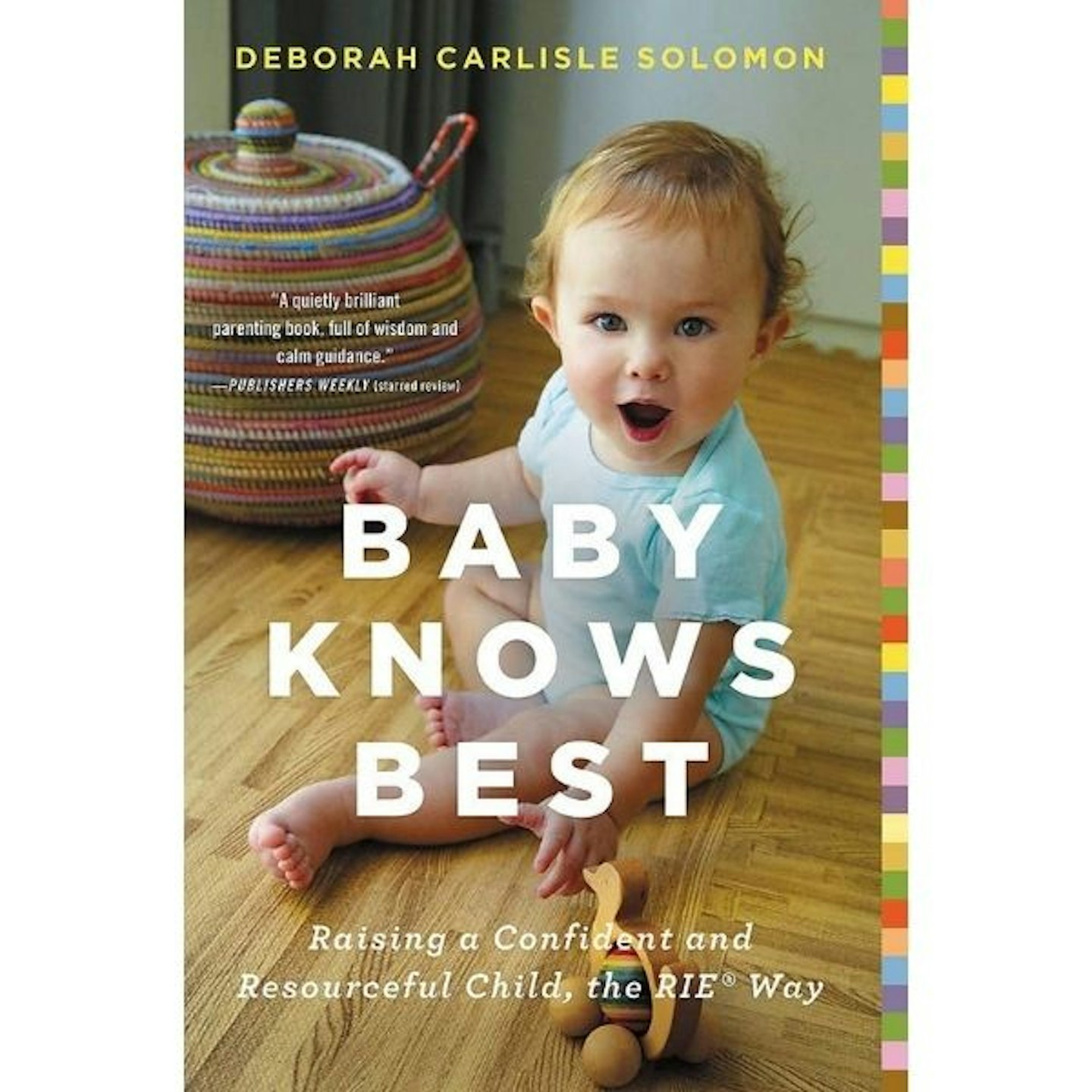 29 of 30
29 of 30Baby Knows Best
Baby Knows Best is a comprehensive guide that shows parents how to respond to their babies' cues and signals; how to develop healthy sleep habits, why babies need uninterrupted playtime and how to set clear consistent limits. After reading as parents you will be more relaxed and also have more confident, self-reliant children.
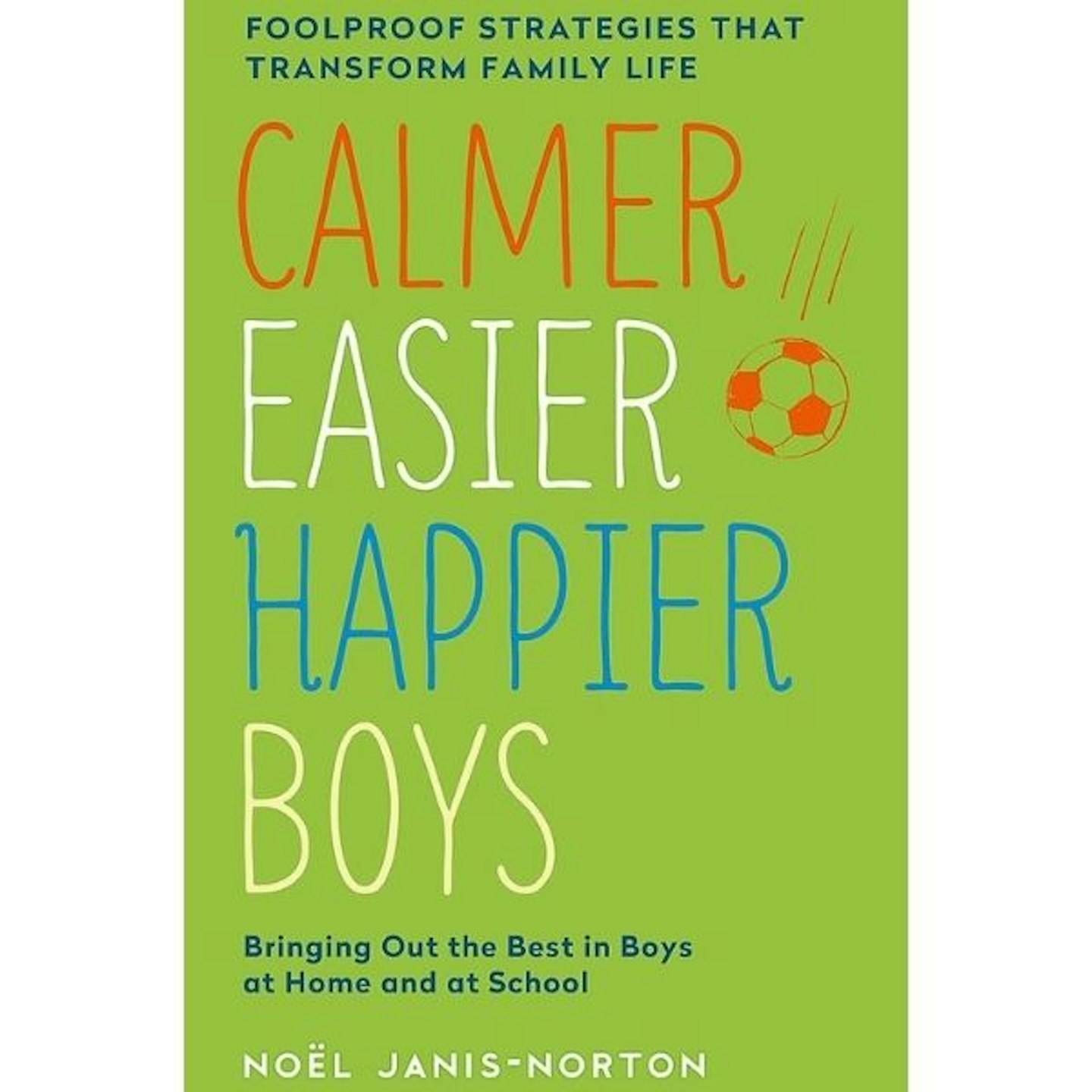 30 of 30
30 of 30Calmer, Easier, Happier Boys
Calmer Easier Happier Boys sees parenting expert Noel Janis-Norton explains simple strategies for the unique challenges of raising motivated, cooperative and confident boys. Using the stellar techniques Noel has developed over many years of working with families, parents can get back in charge. Living with boys can become calmer, easier and happier.
